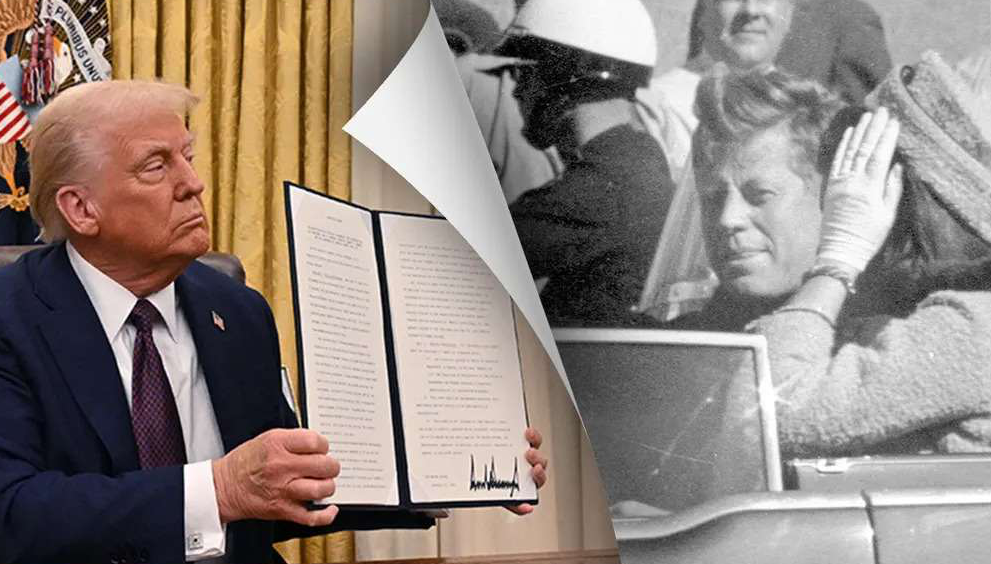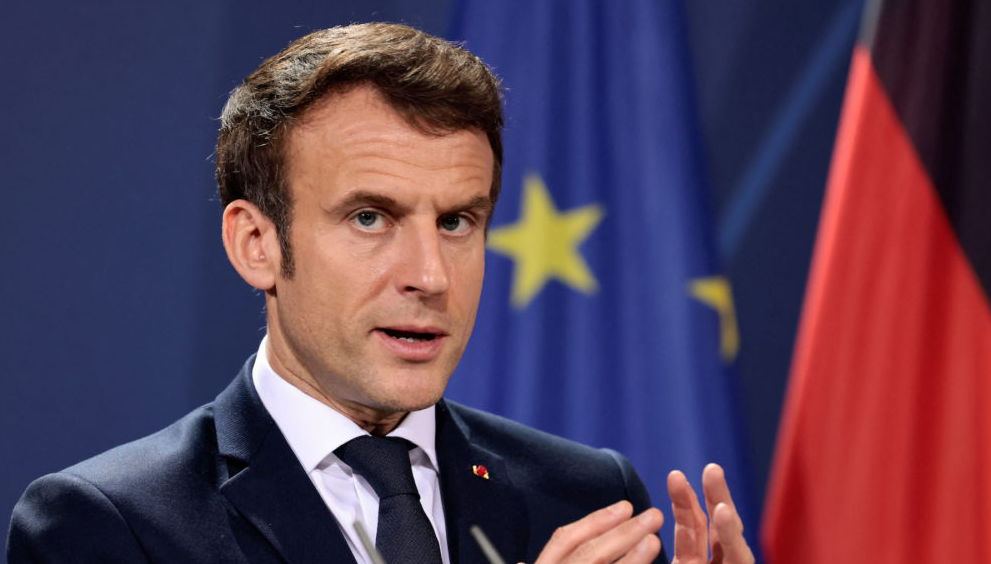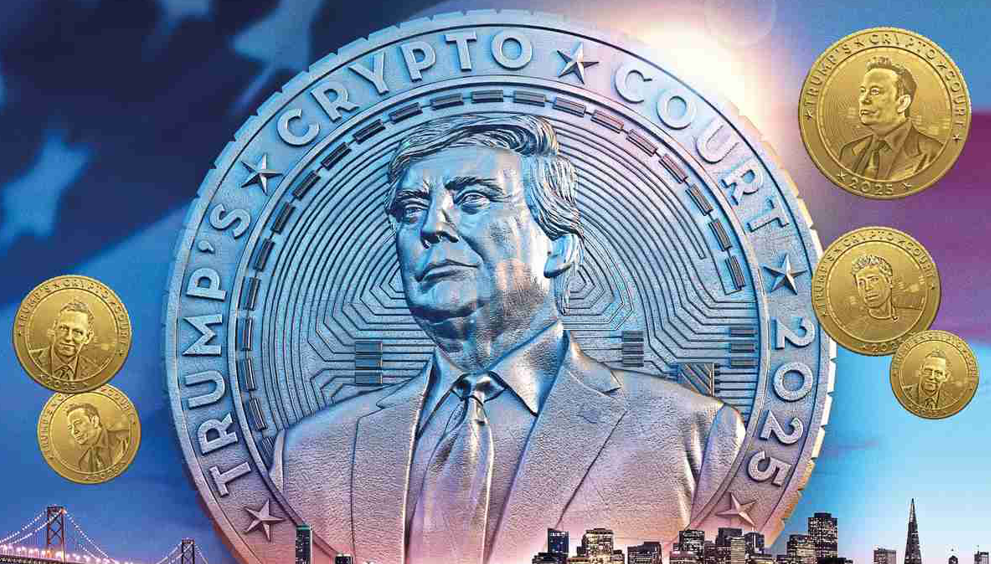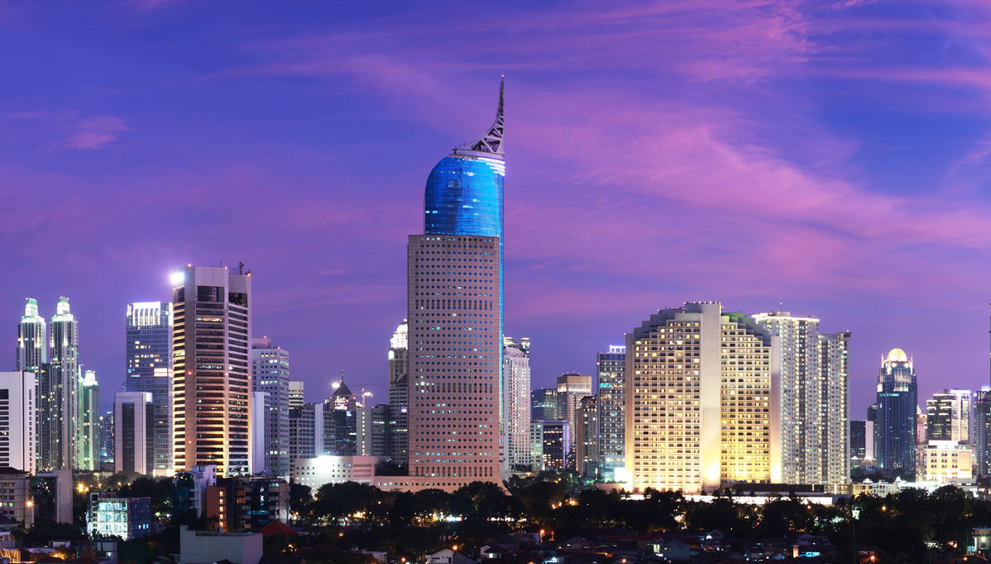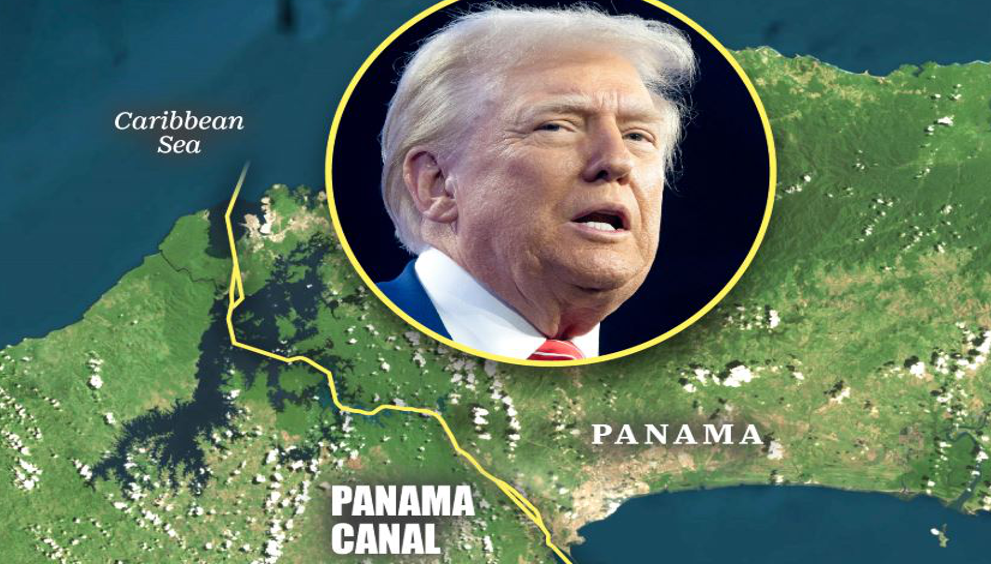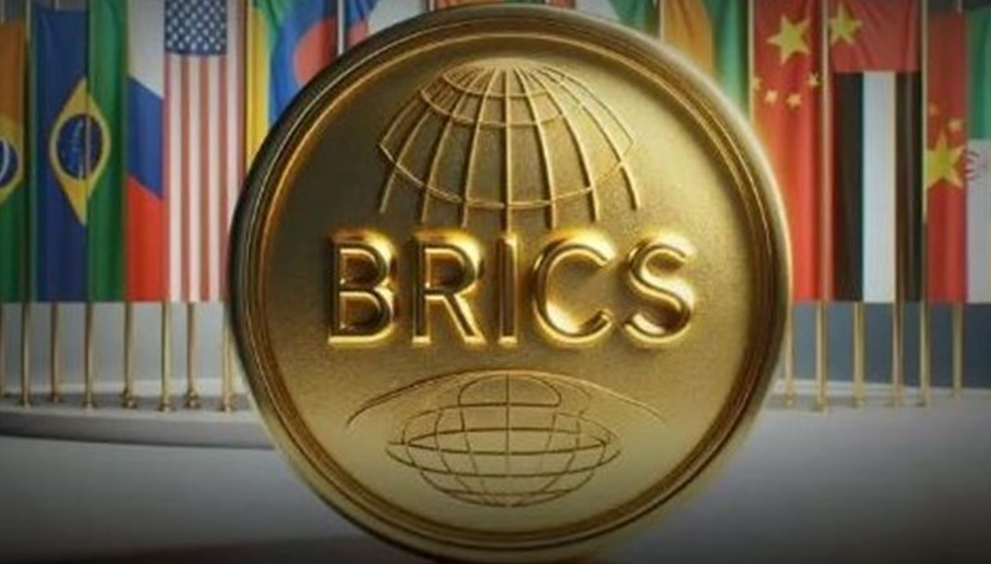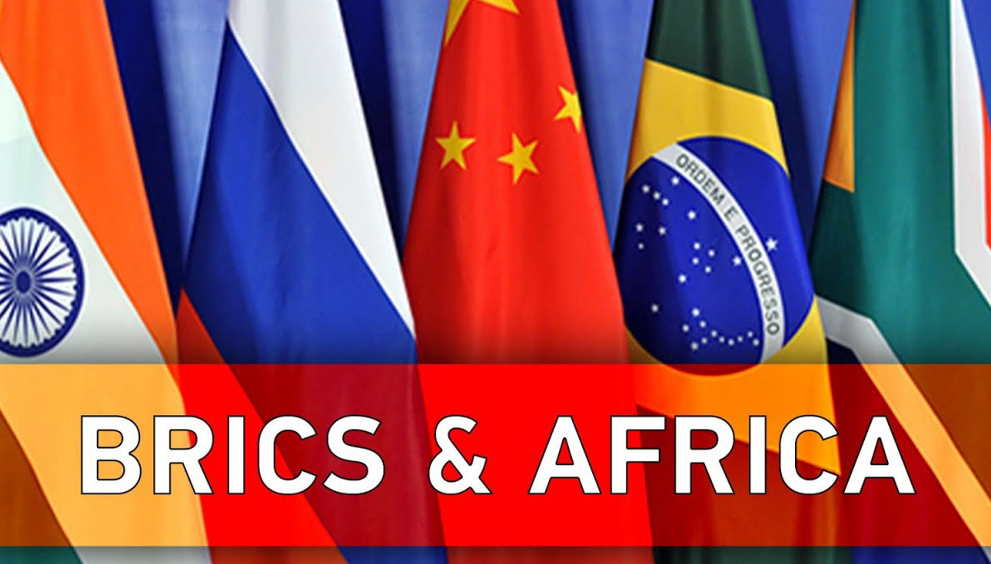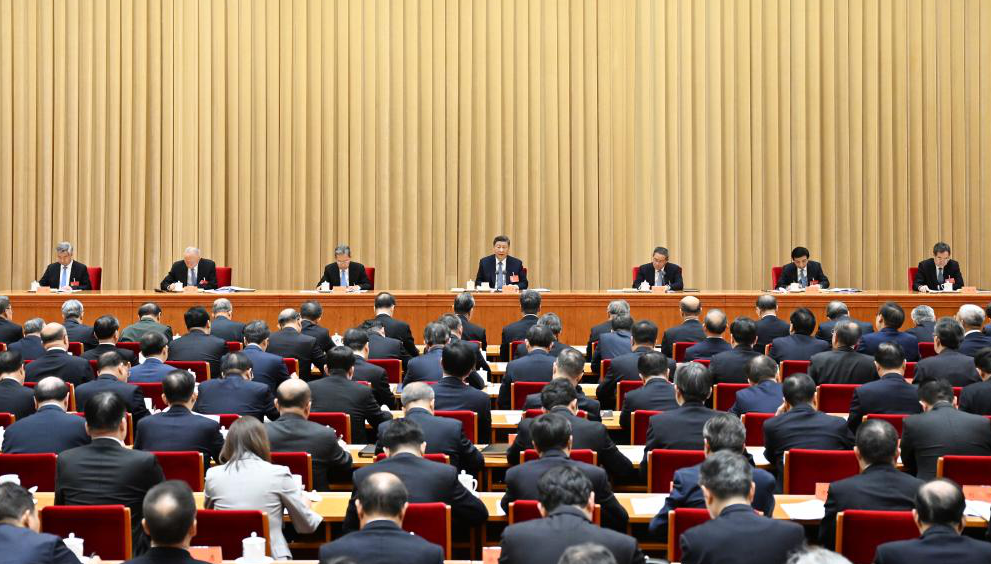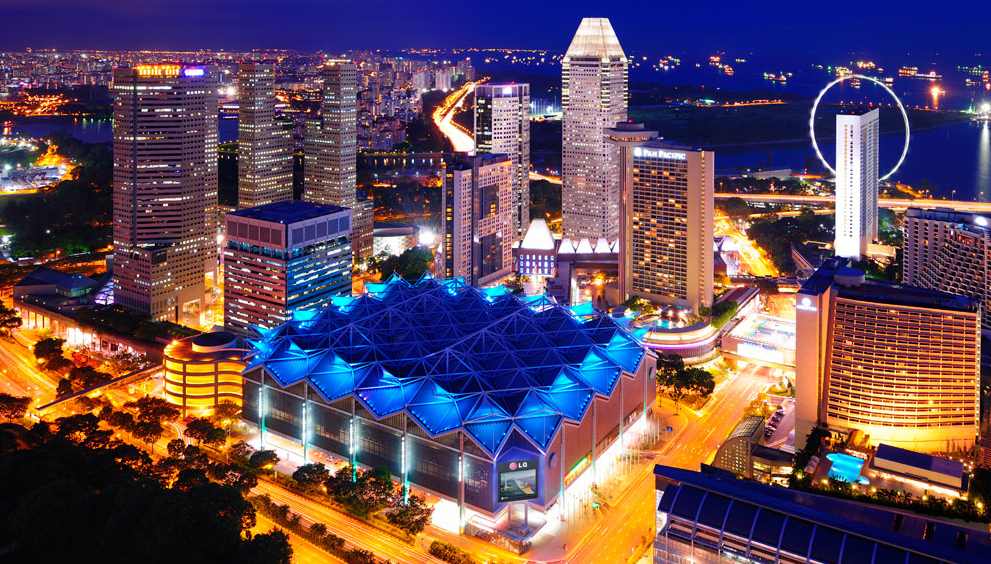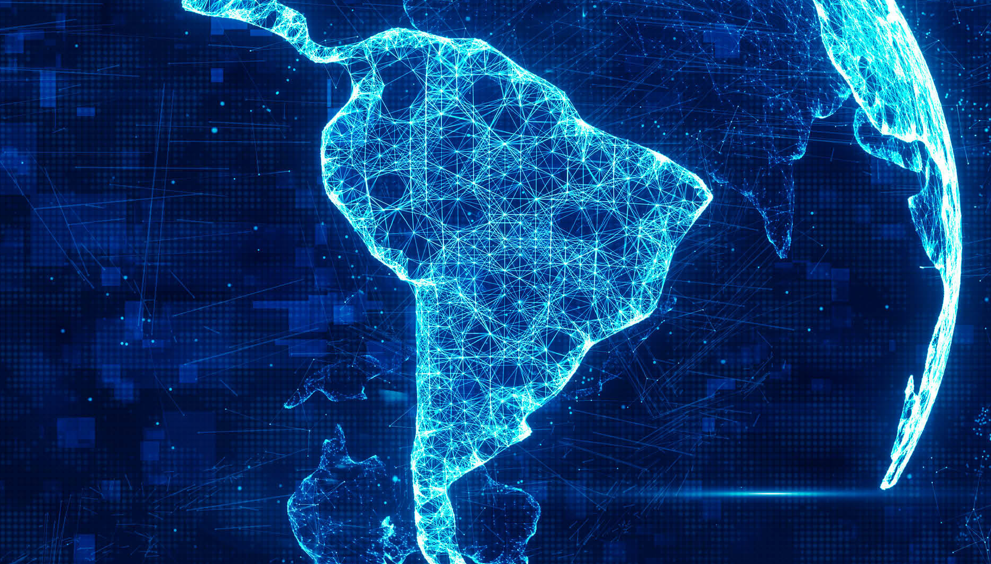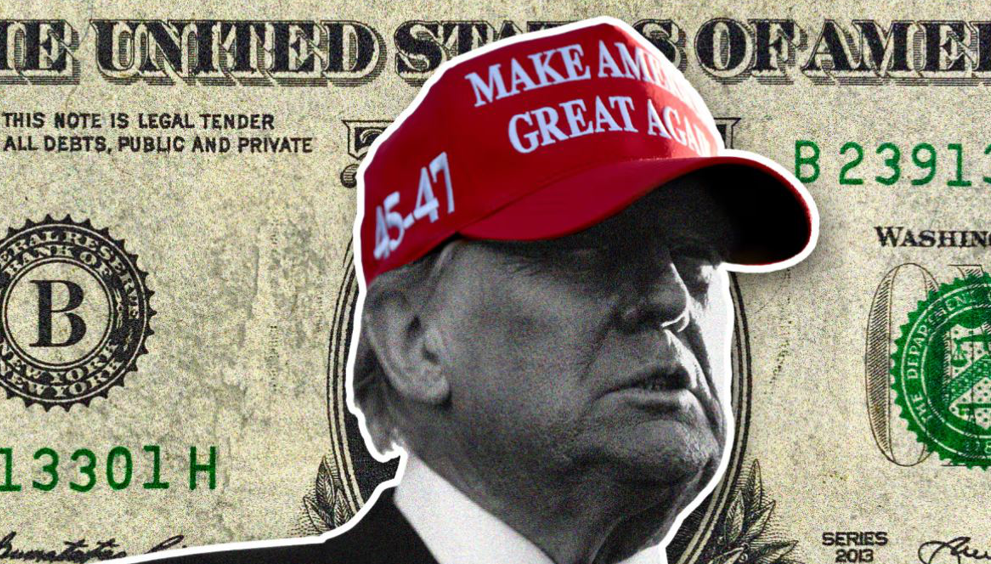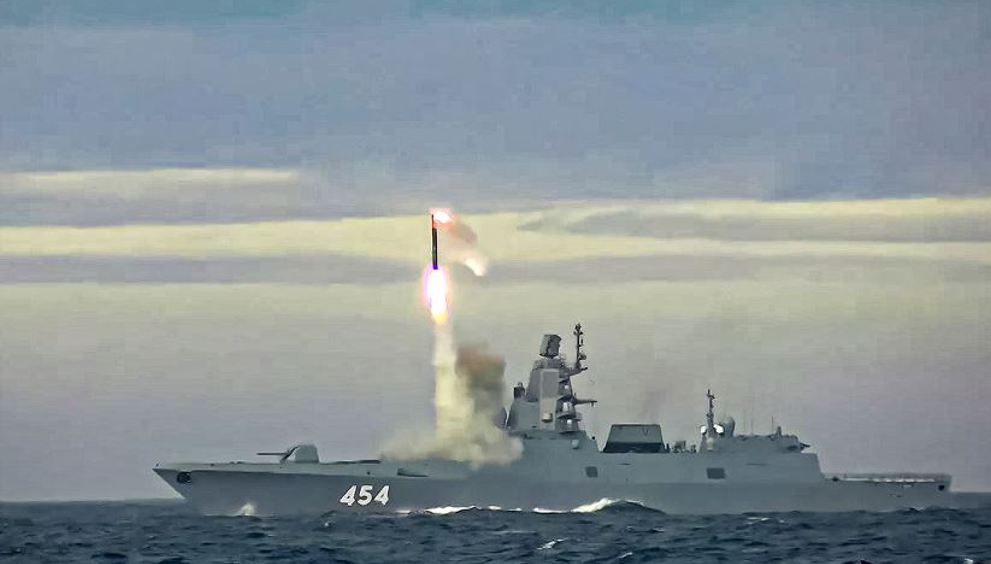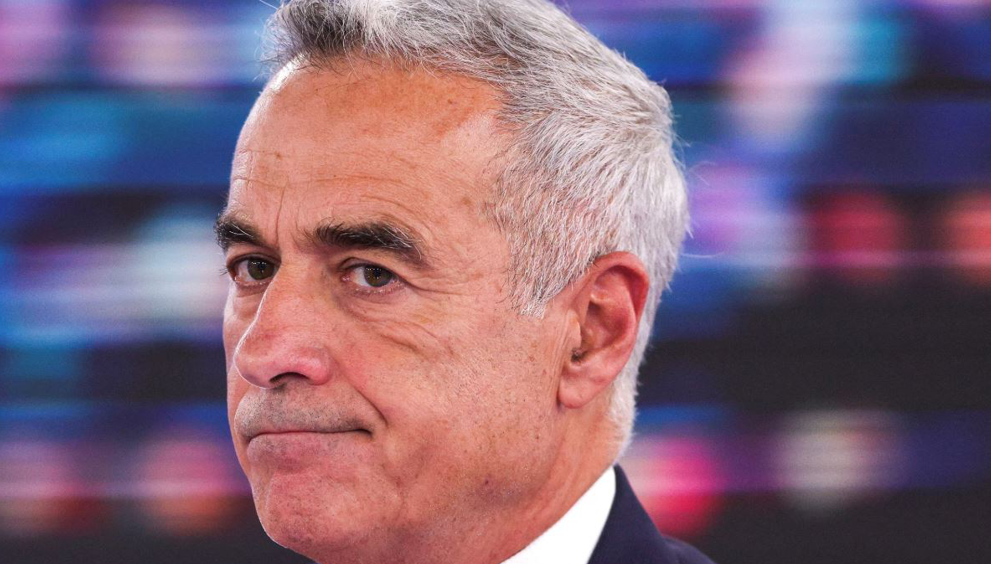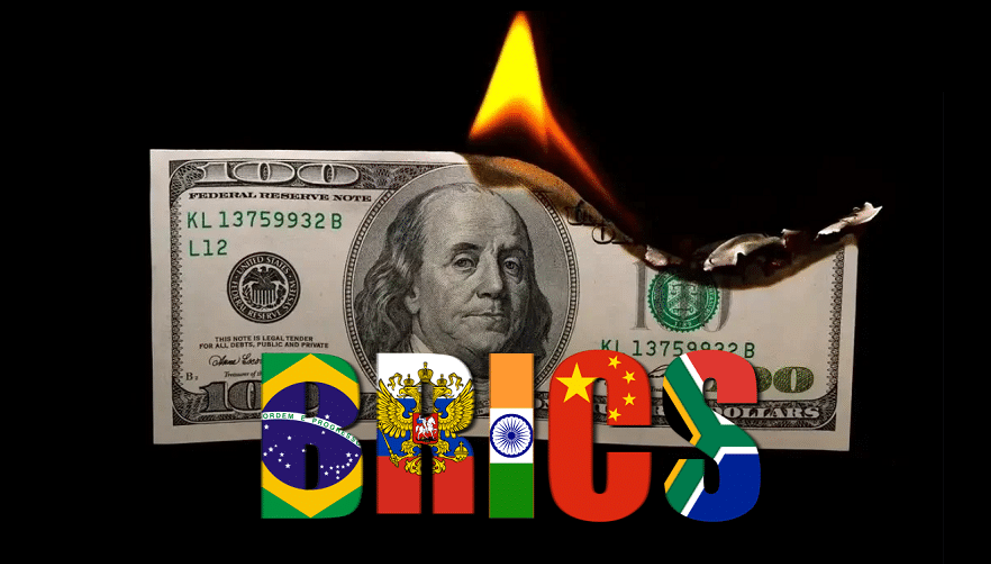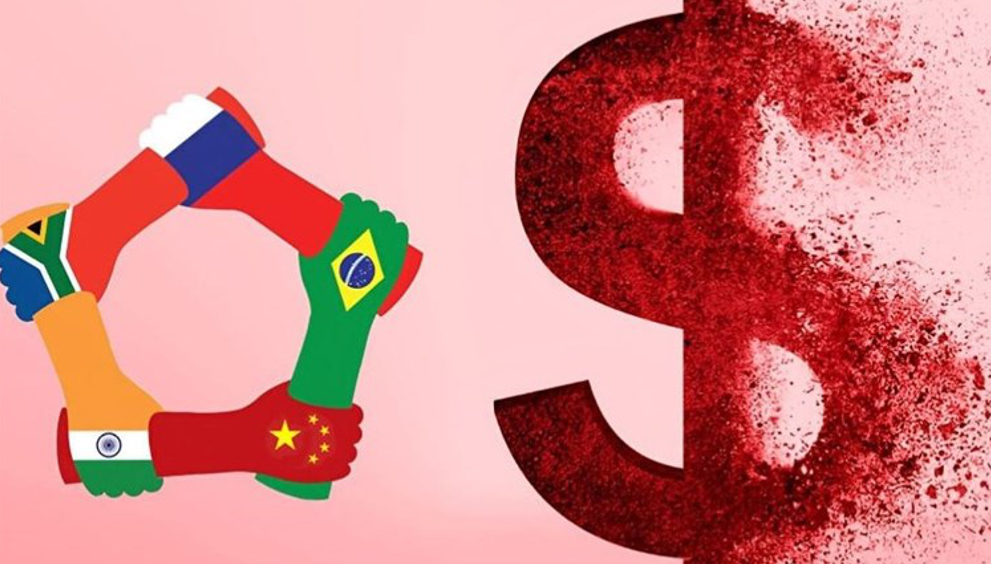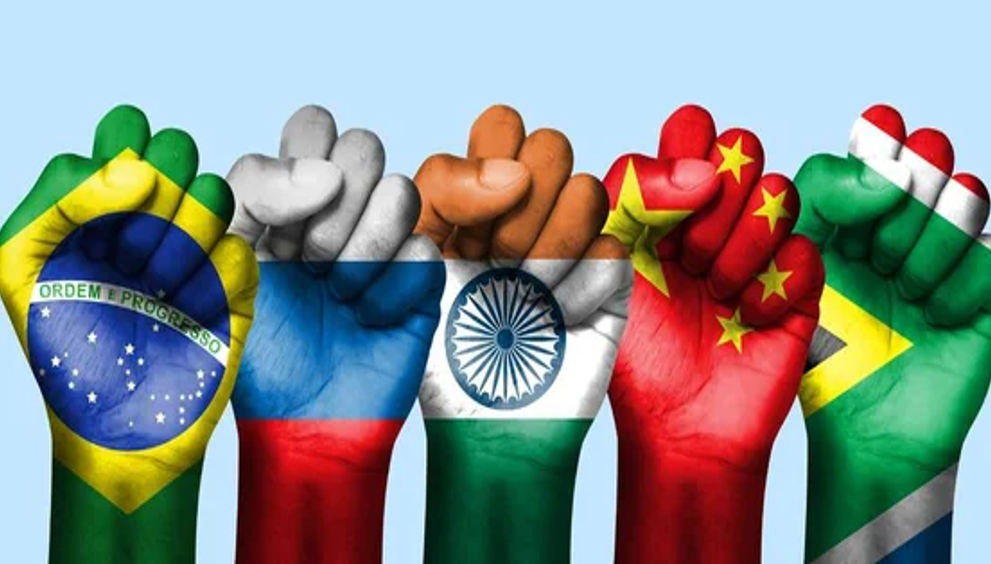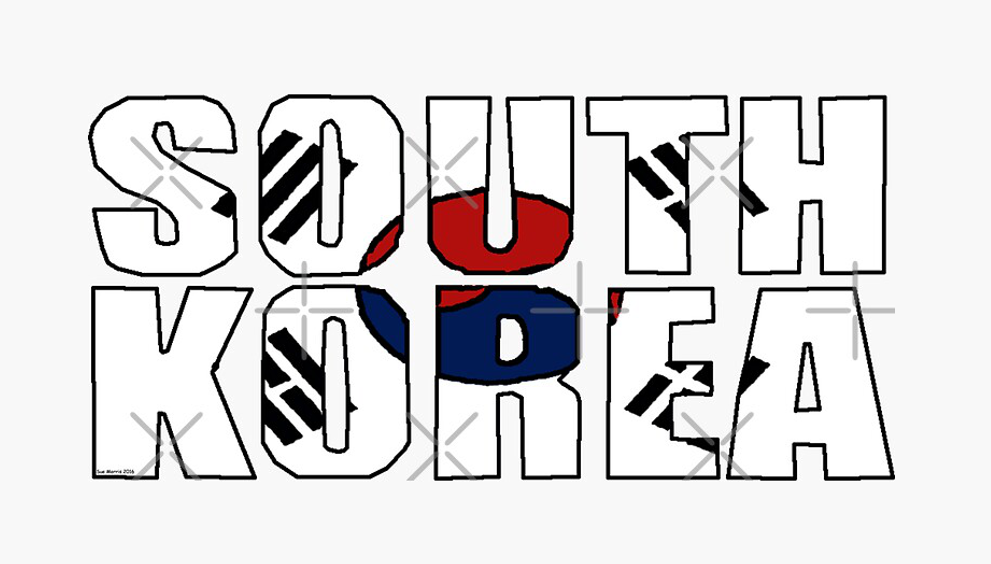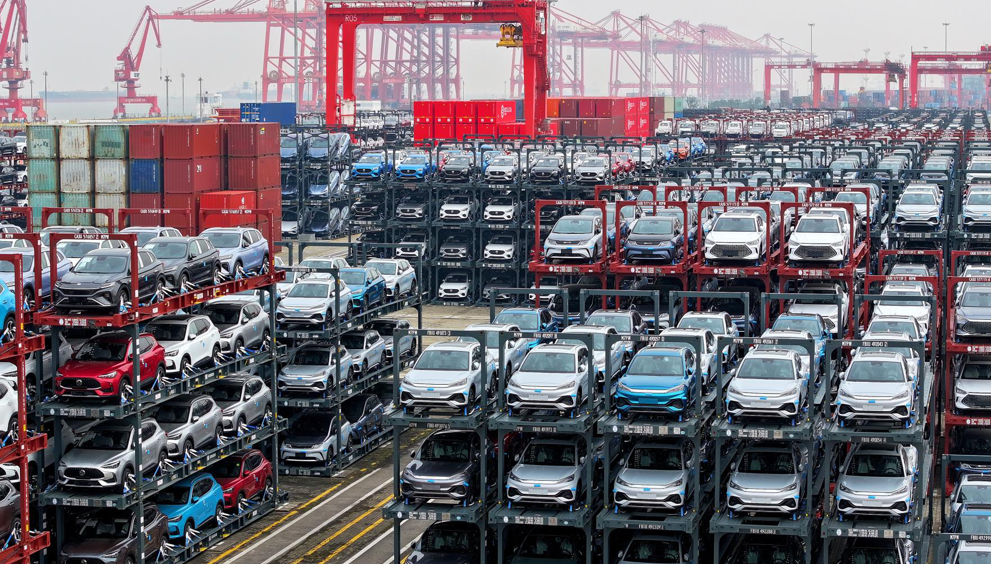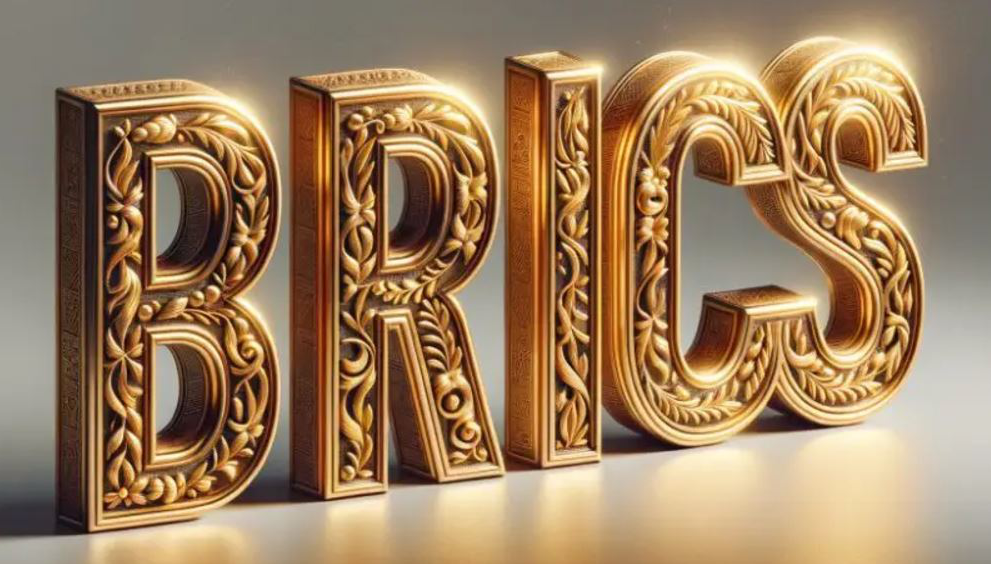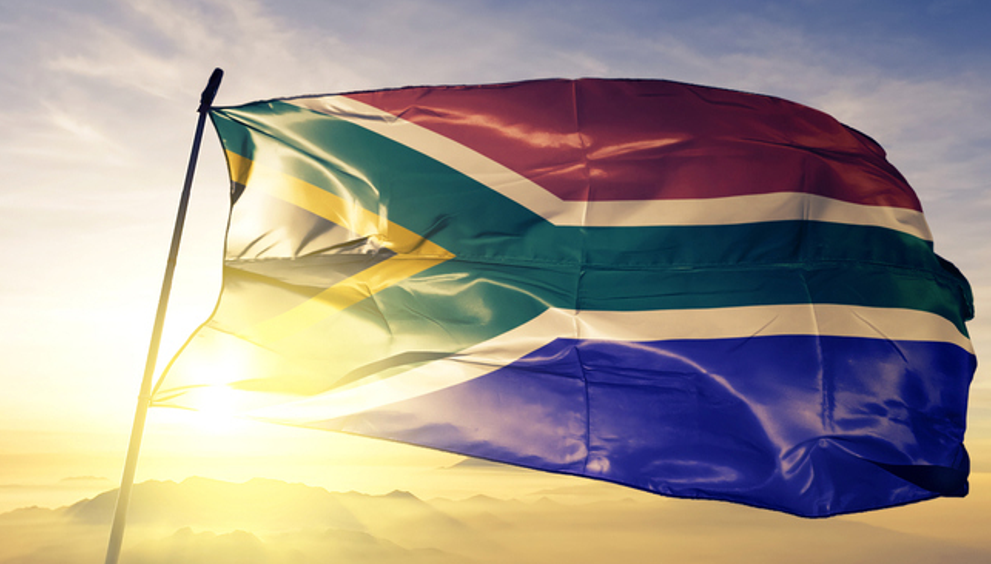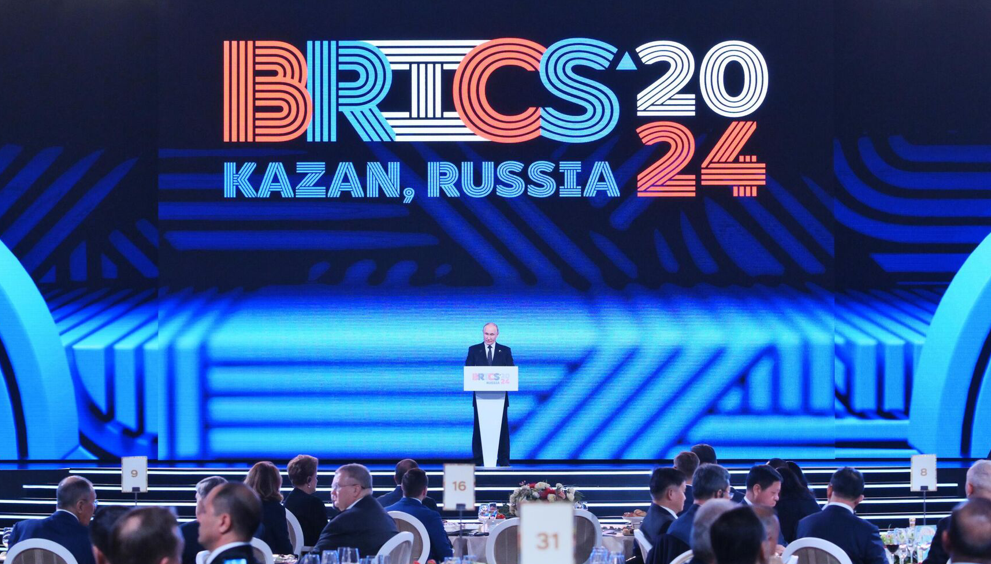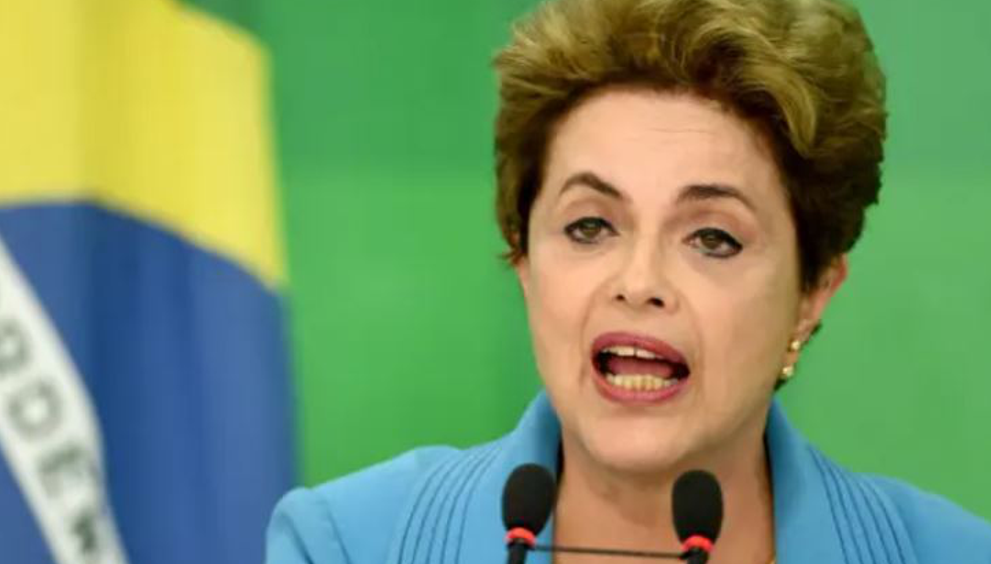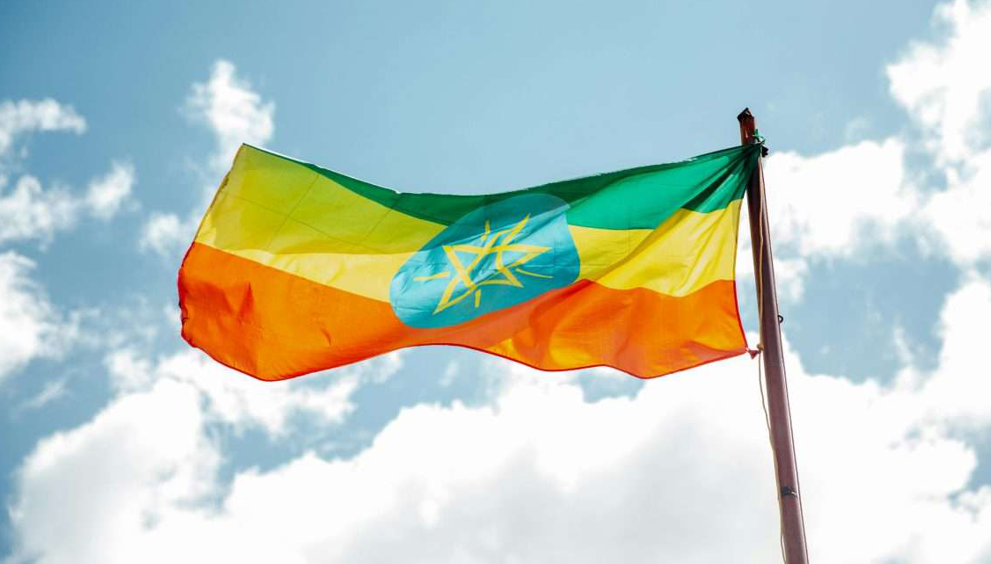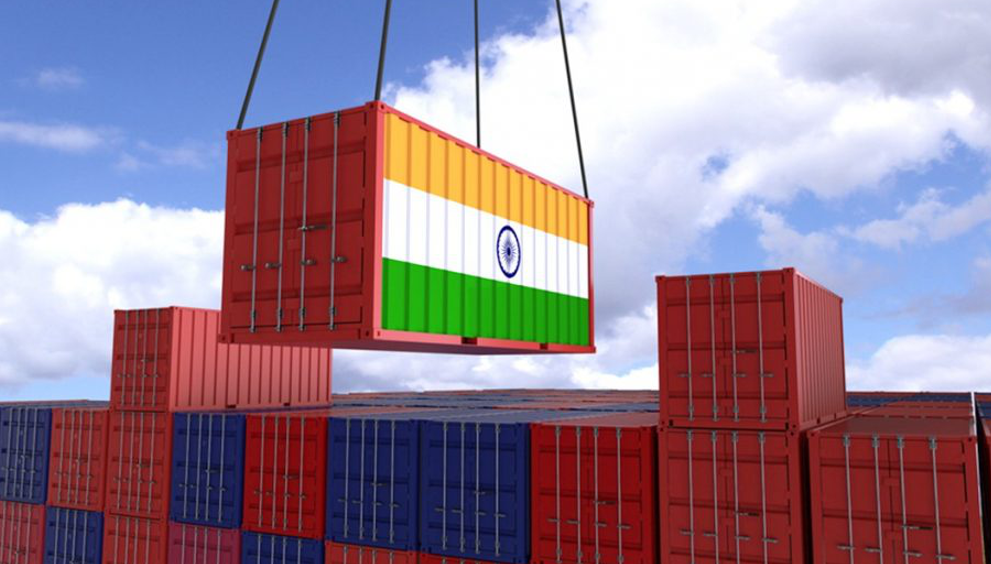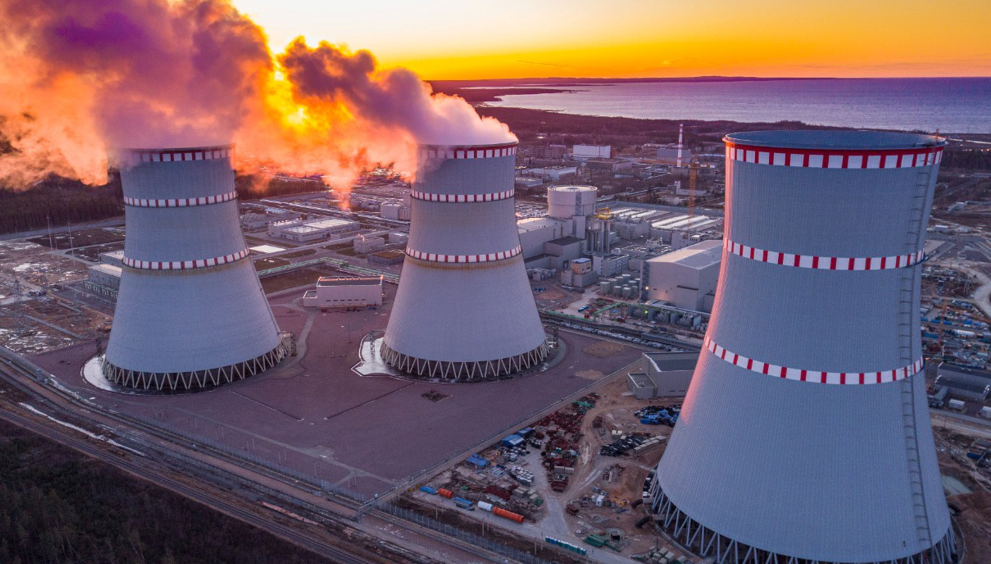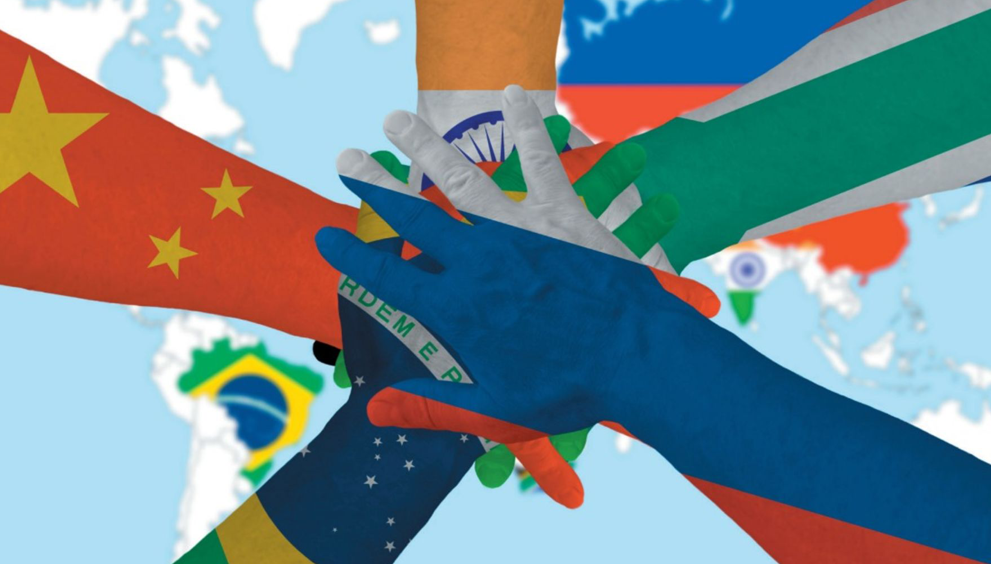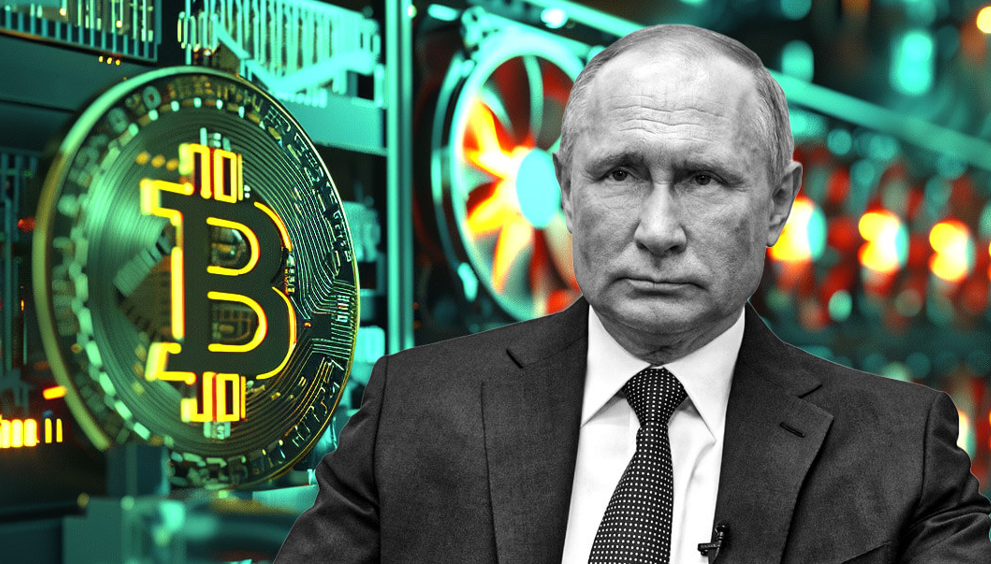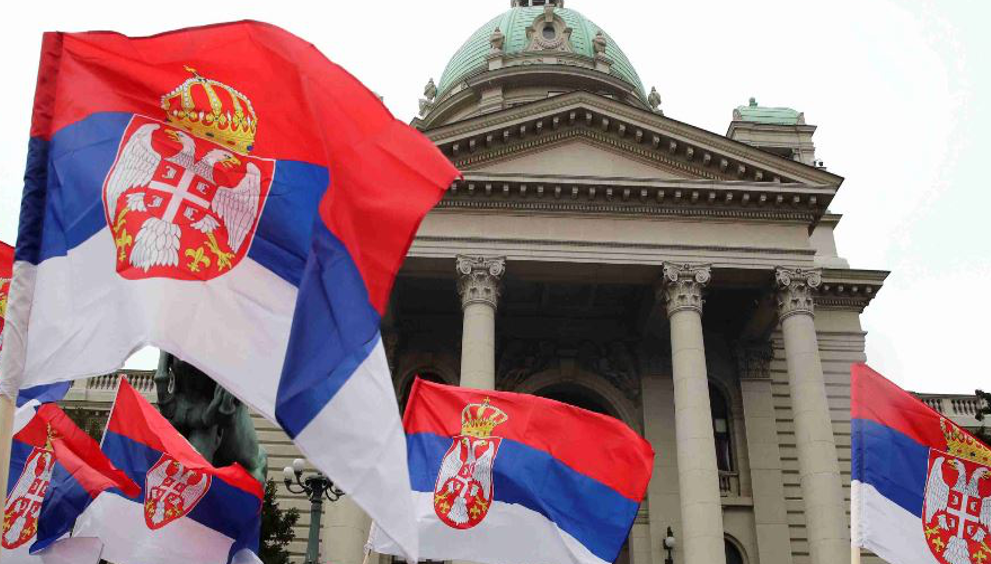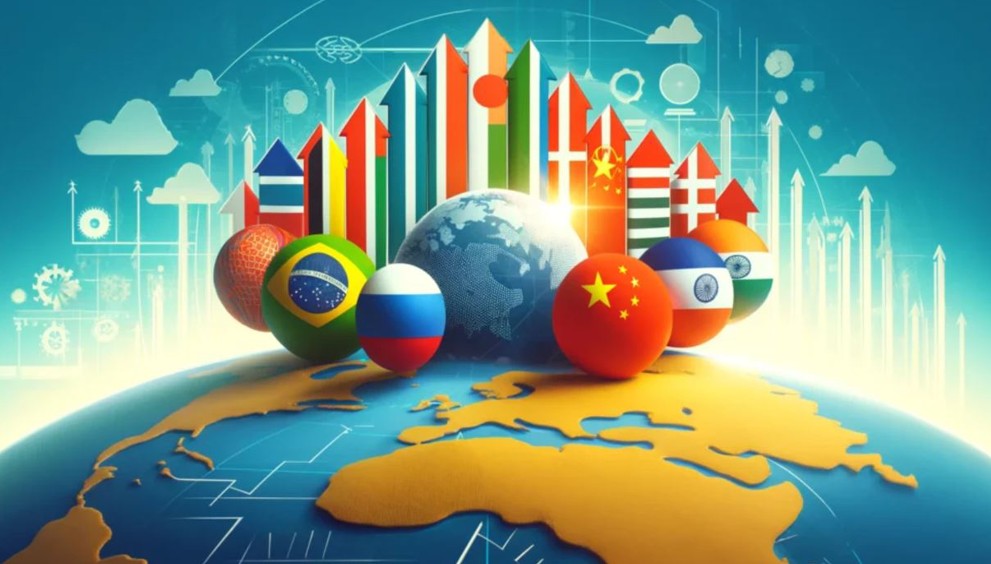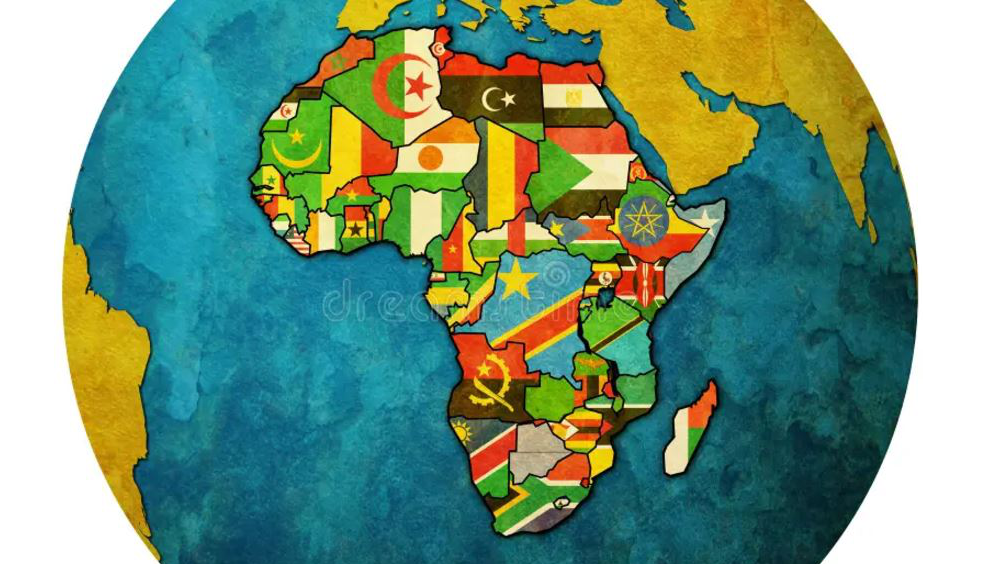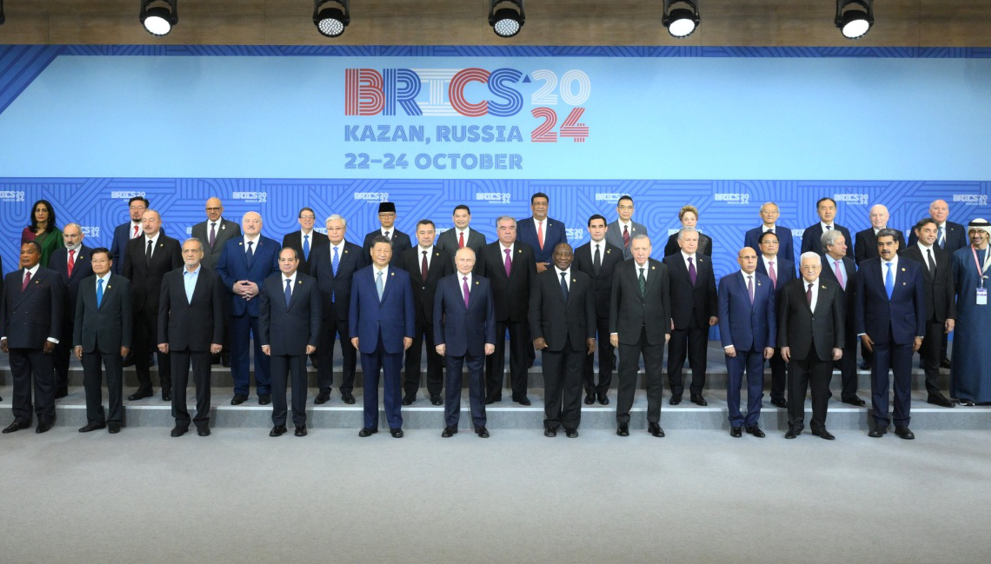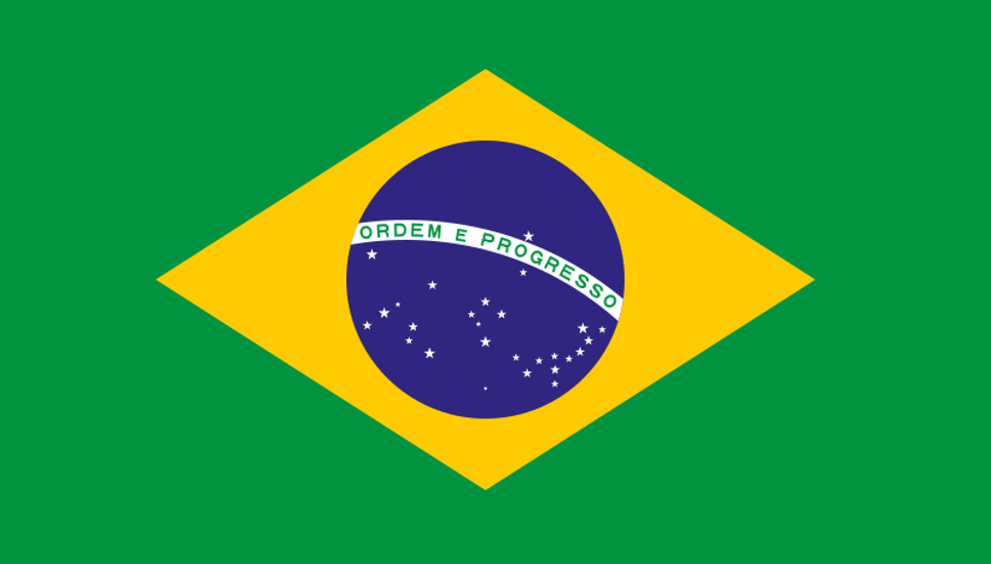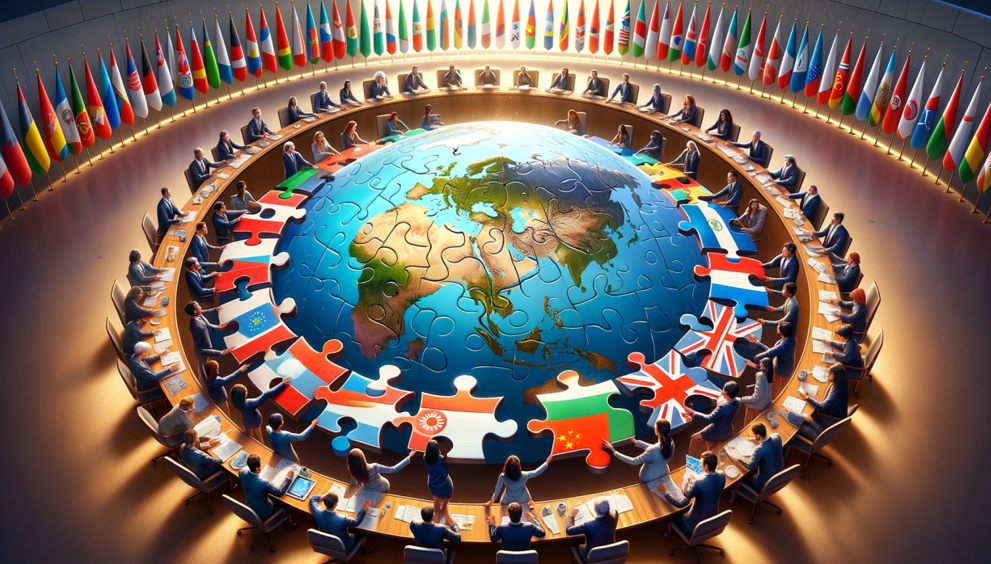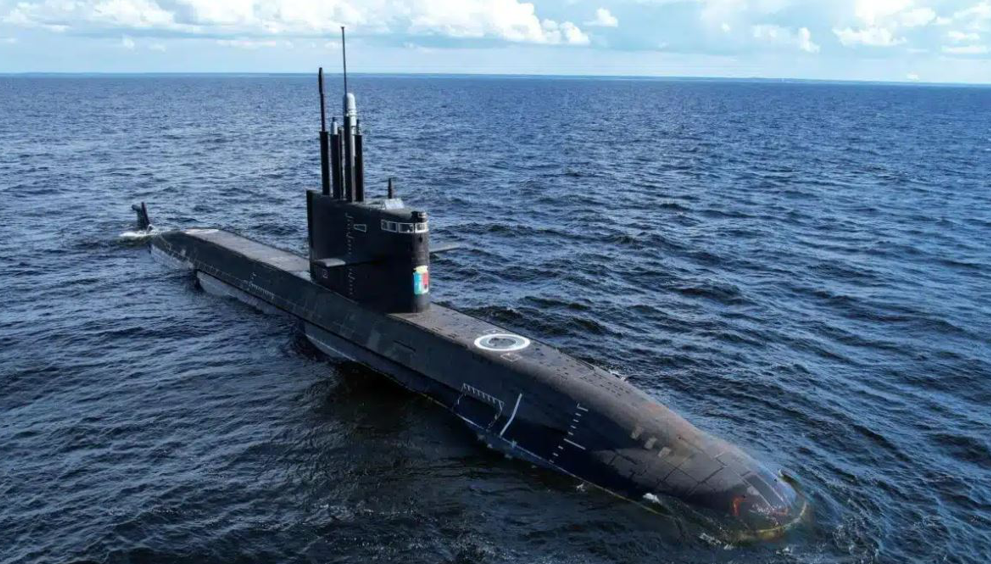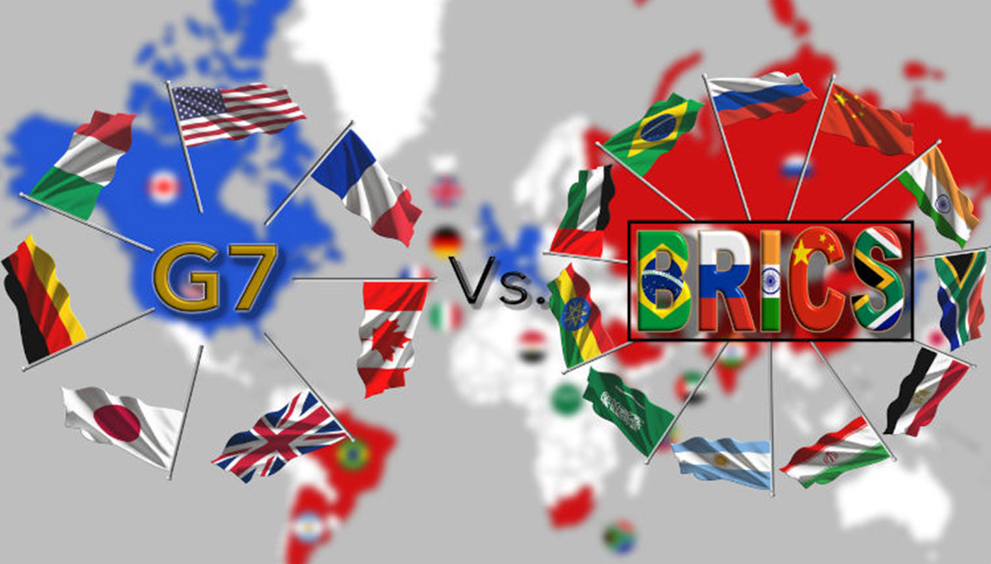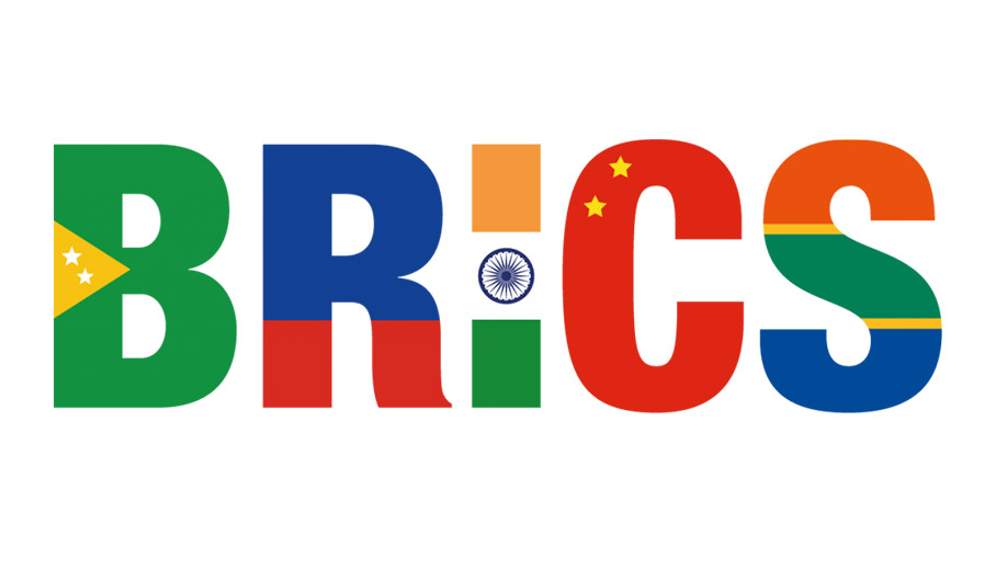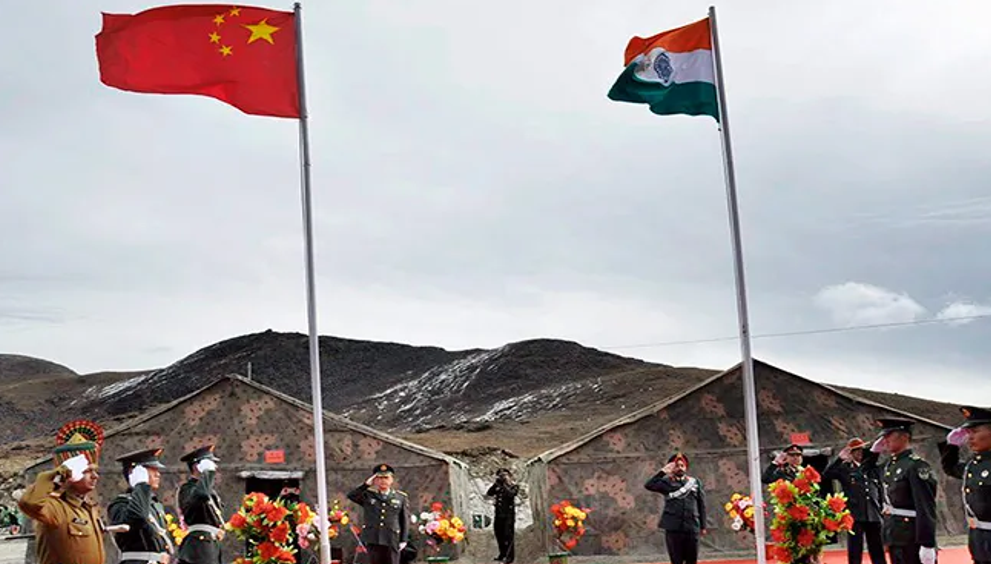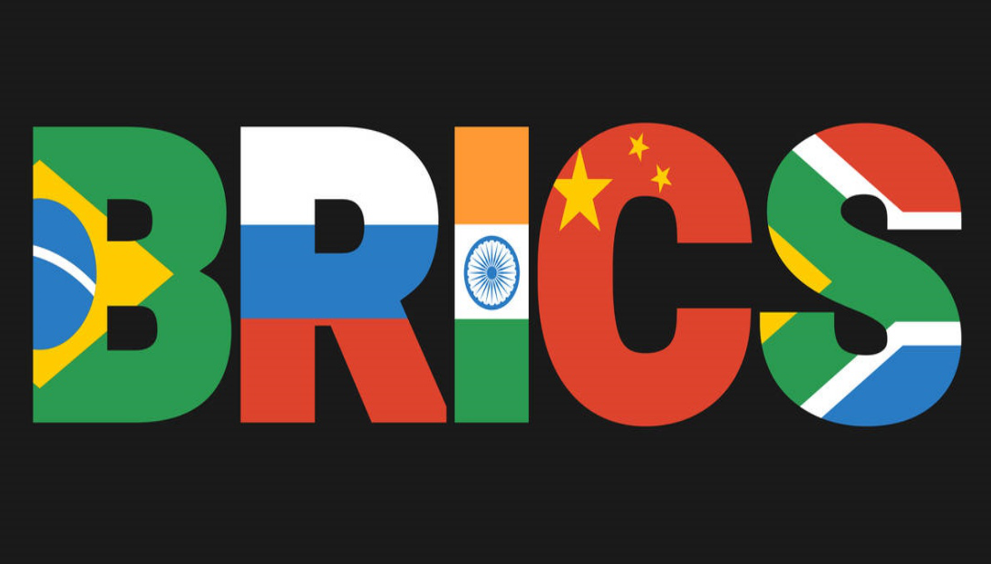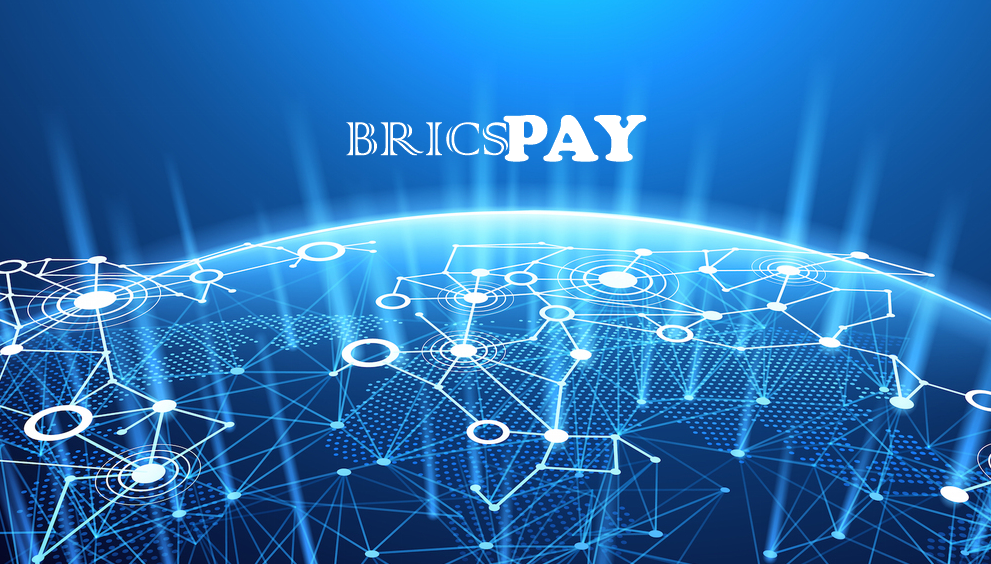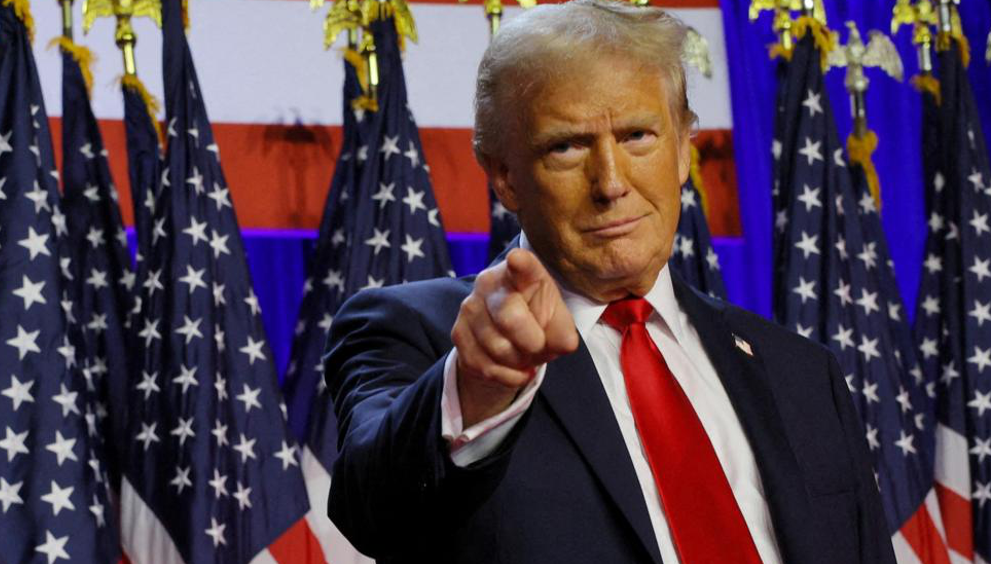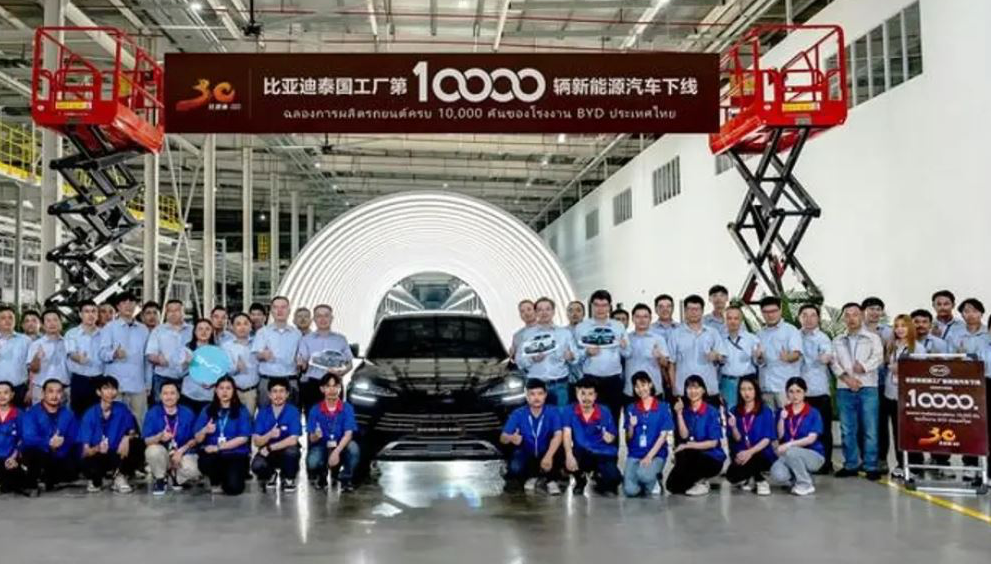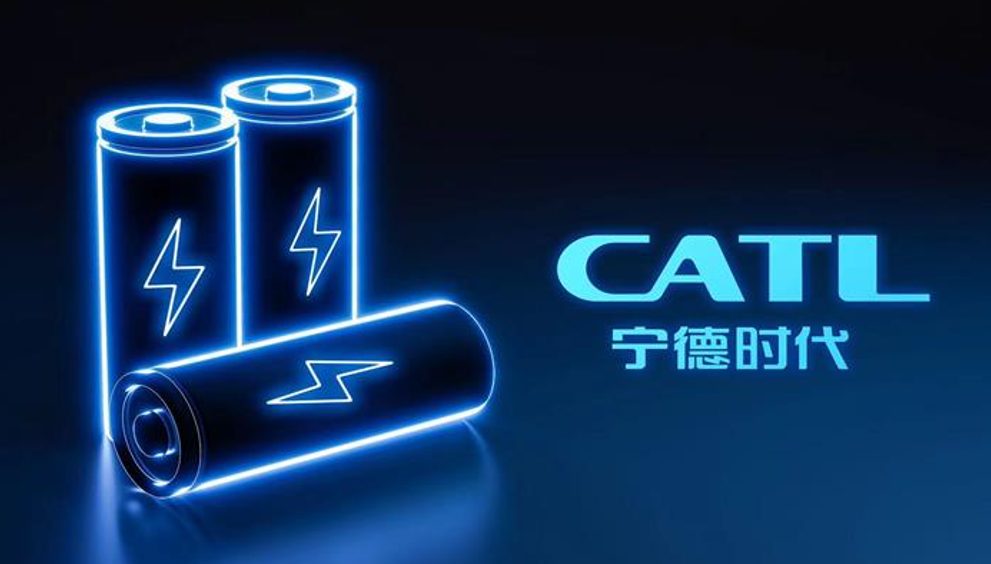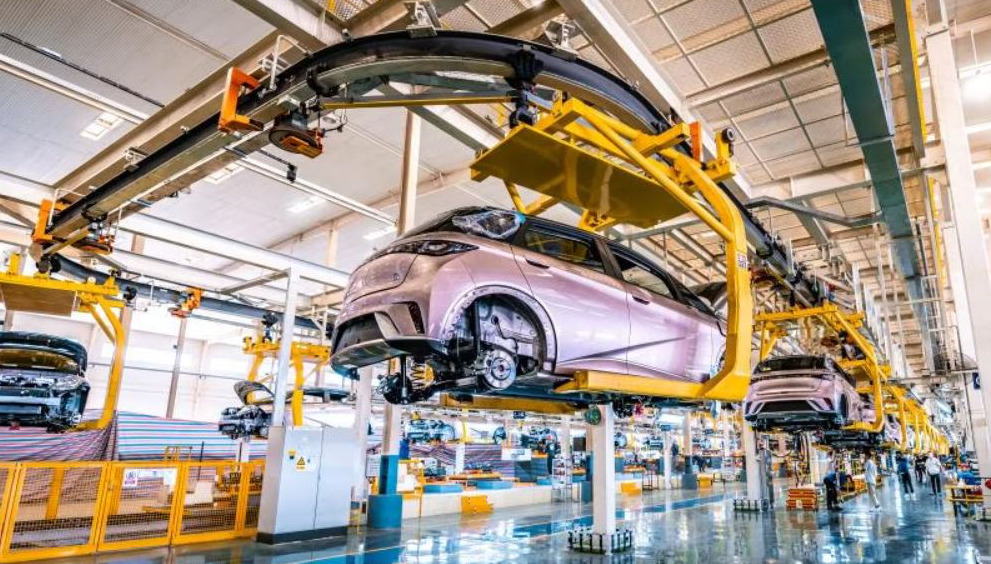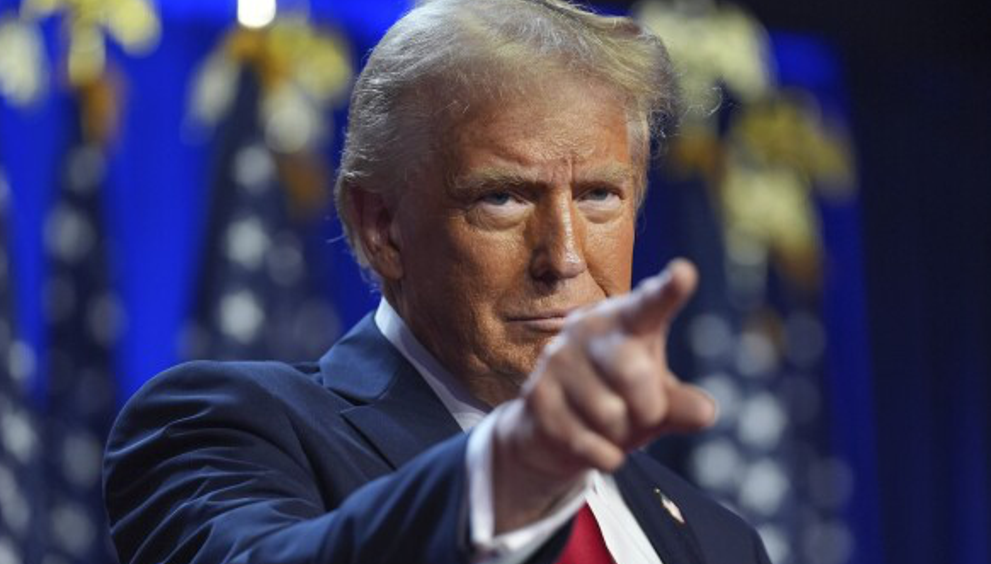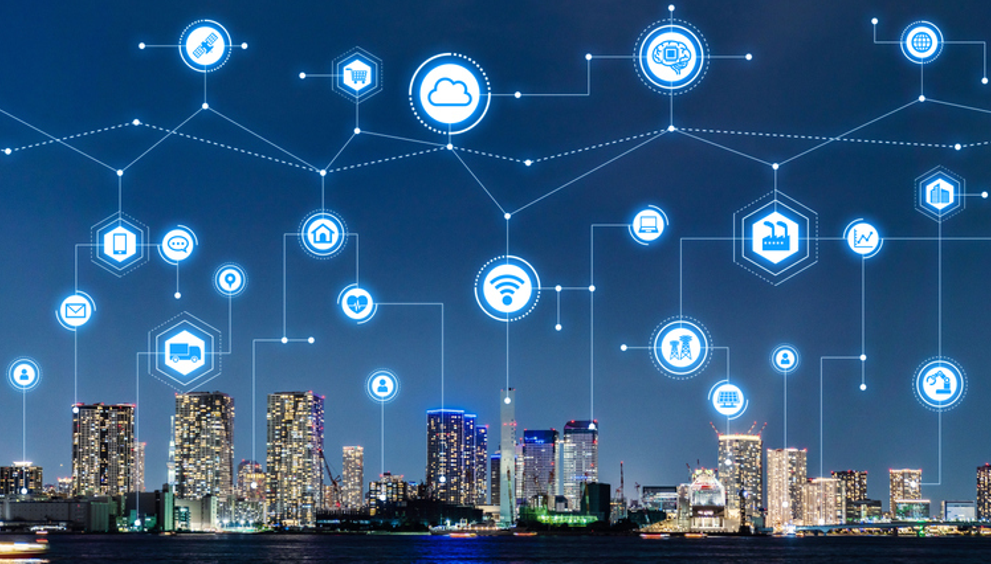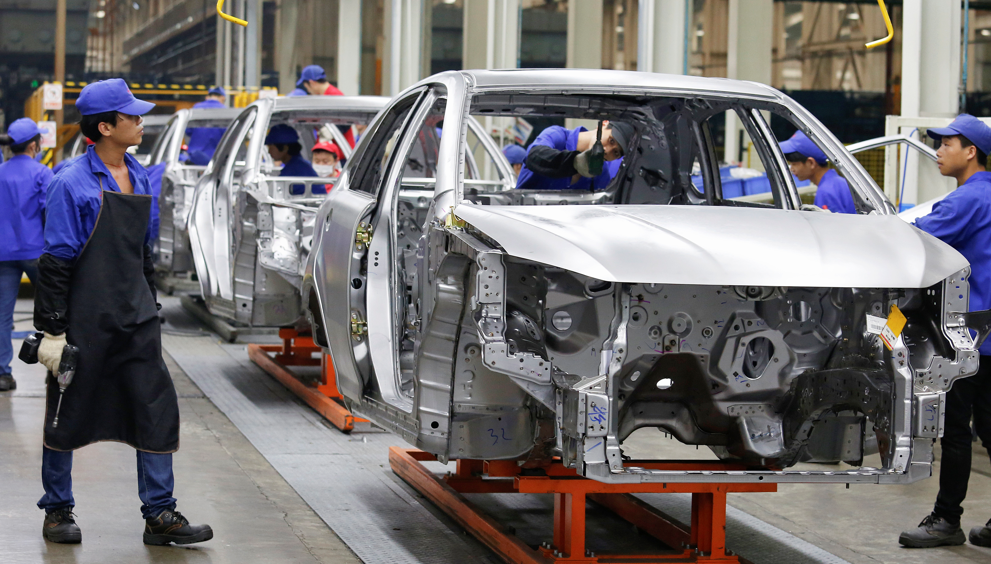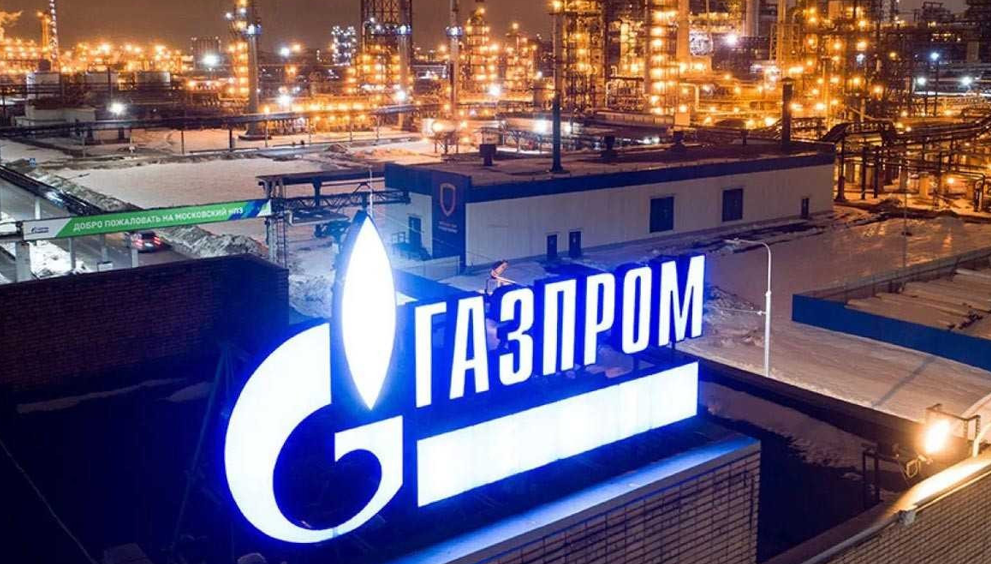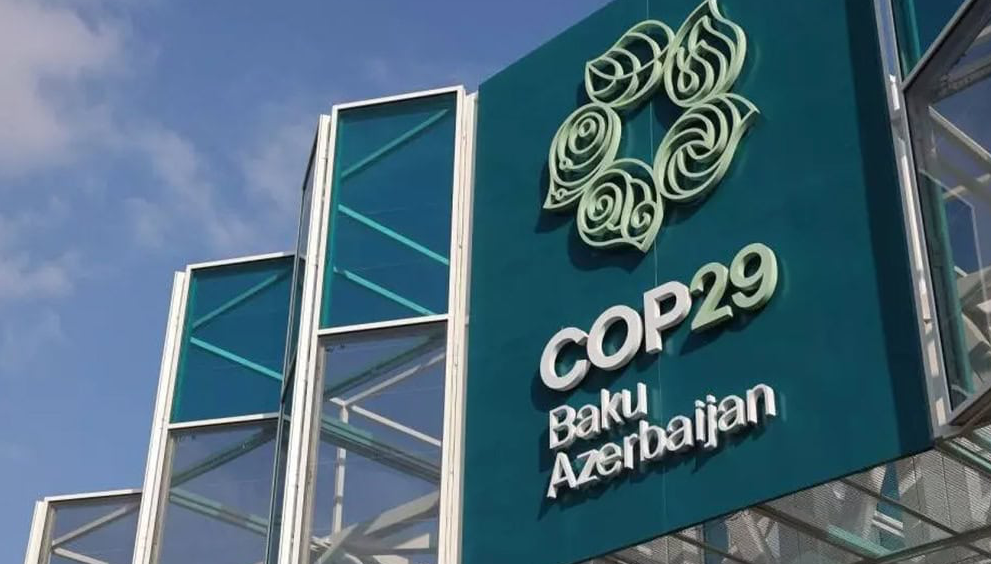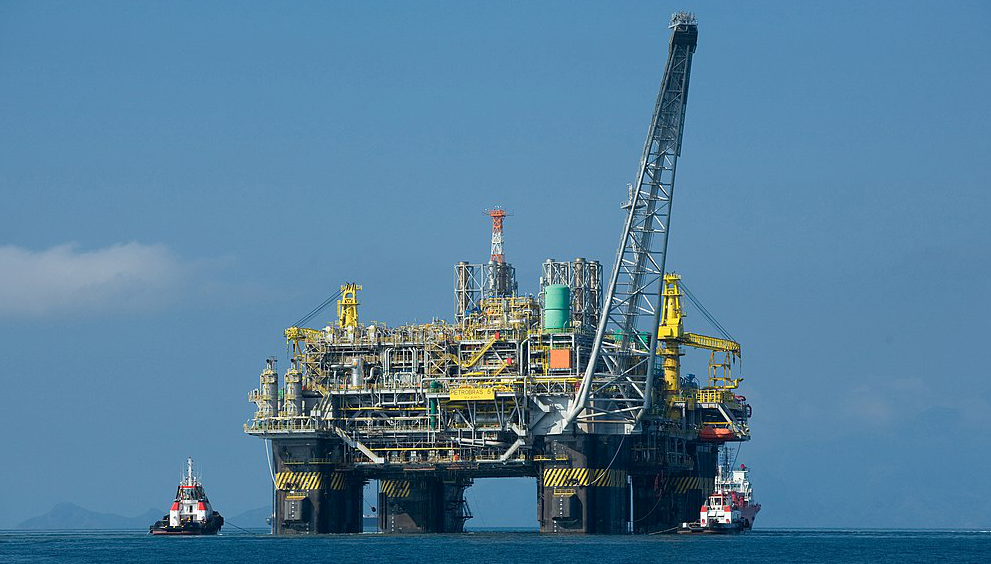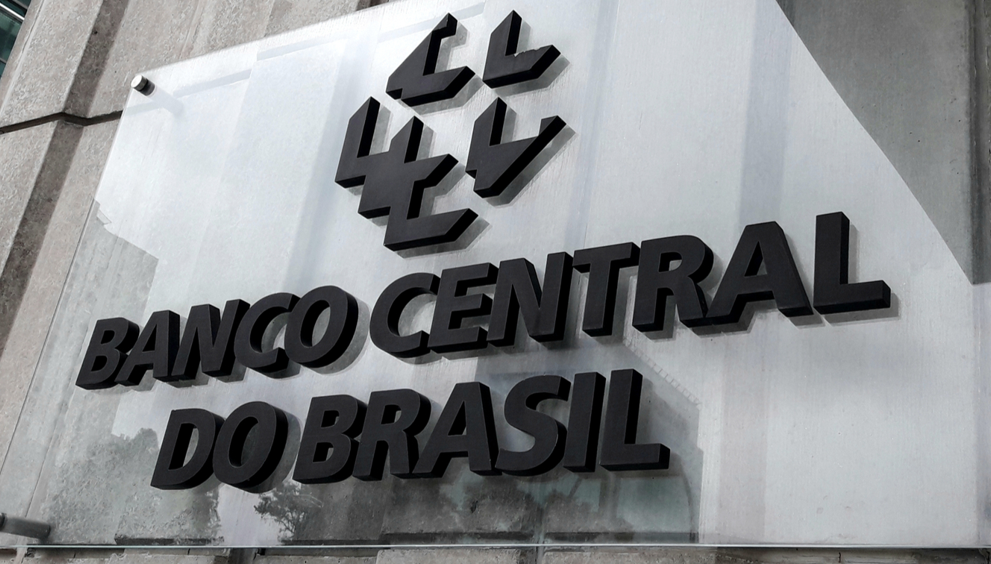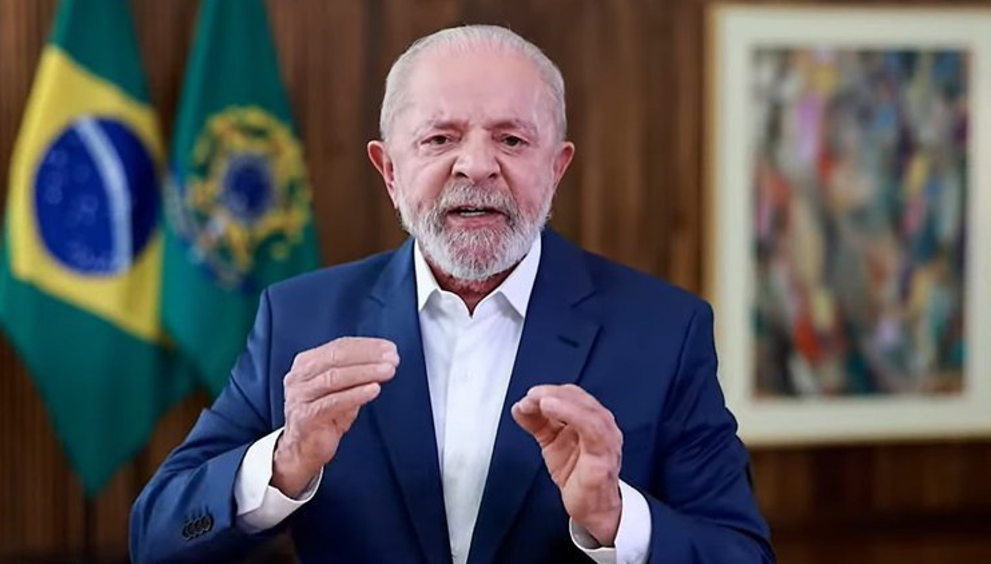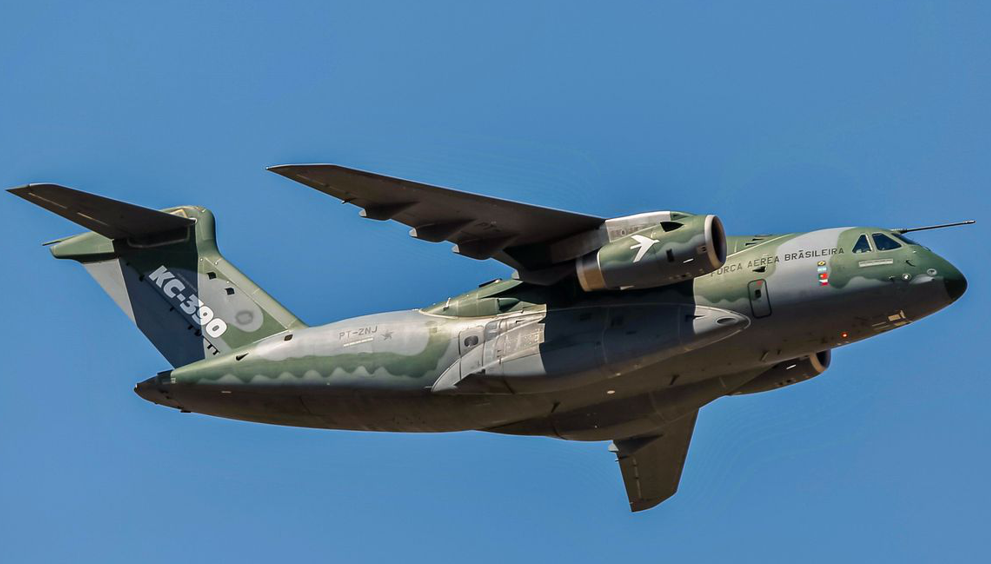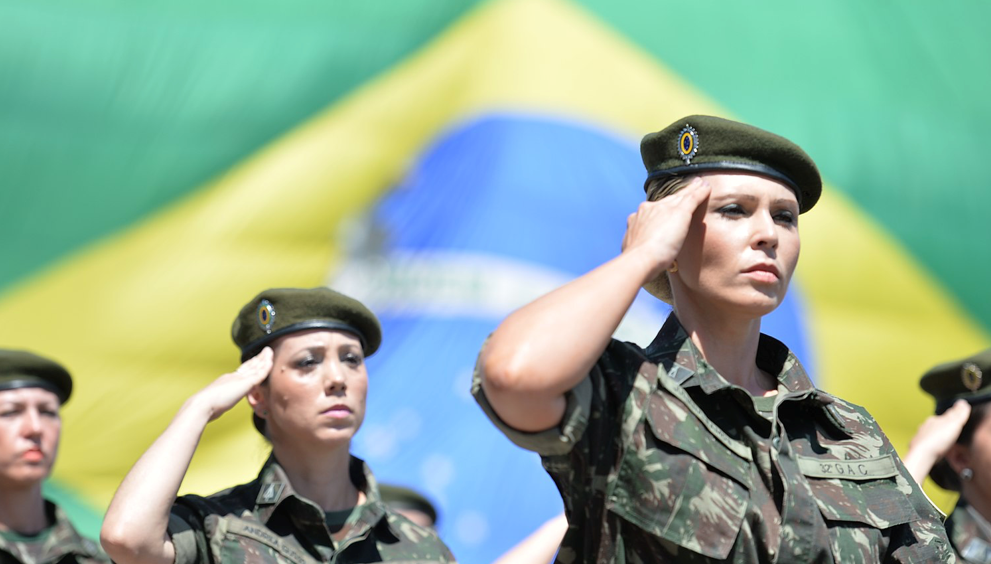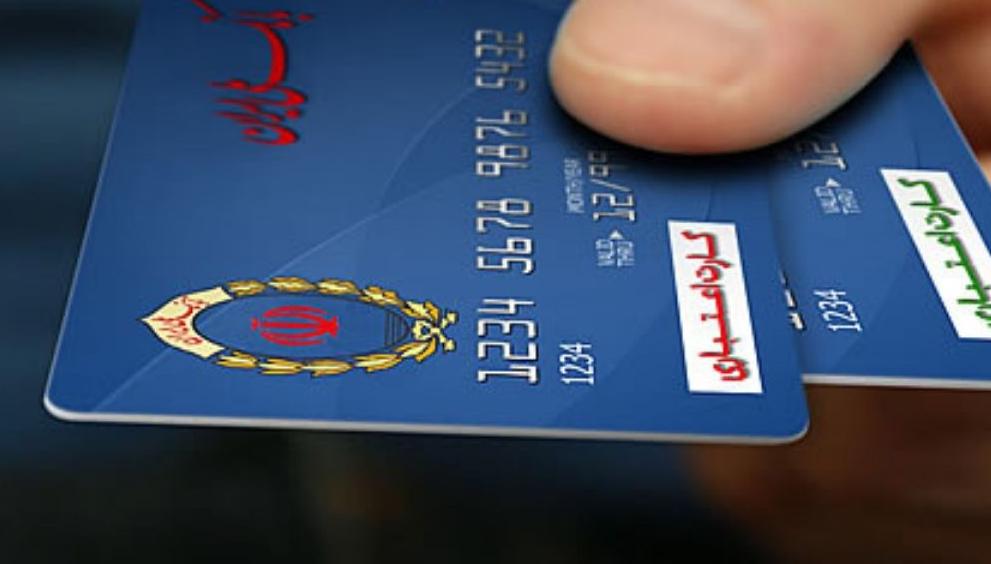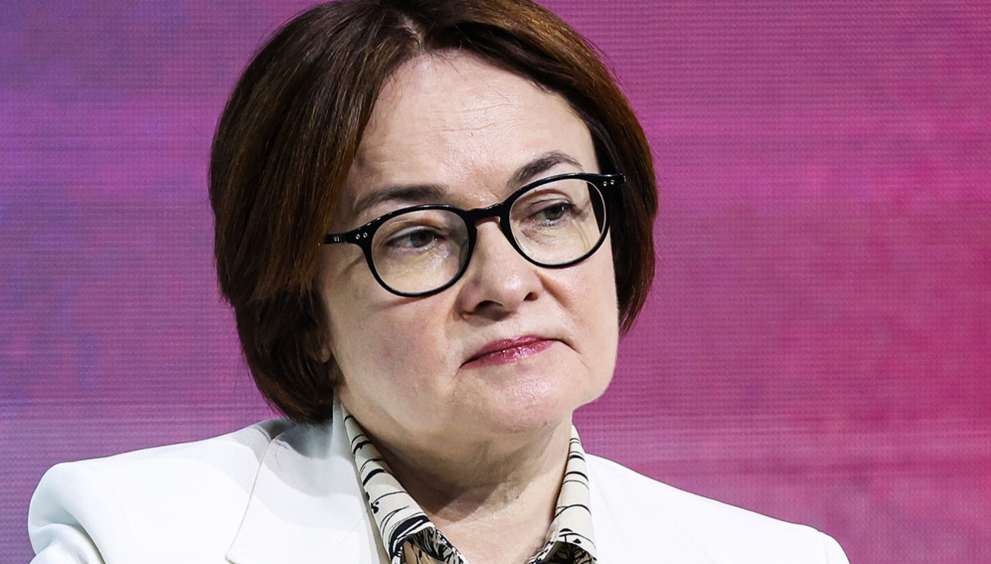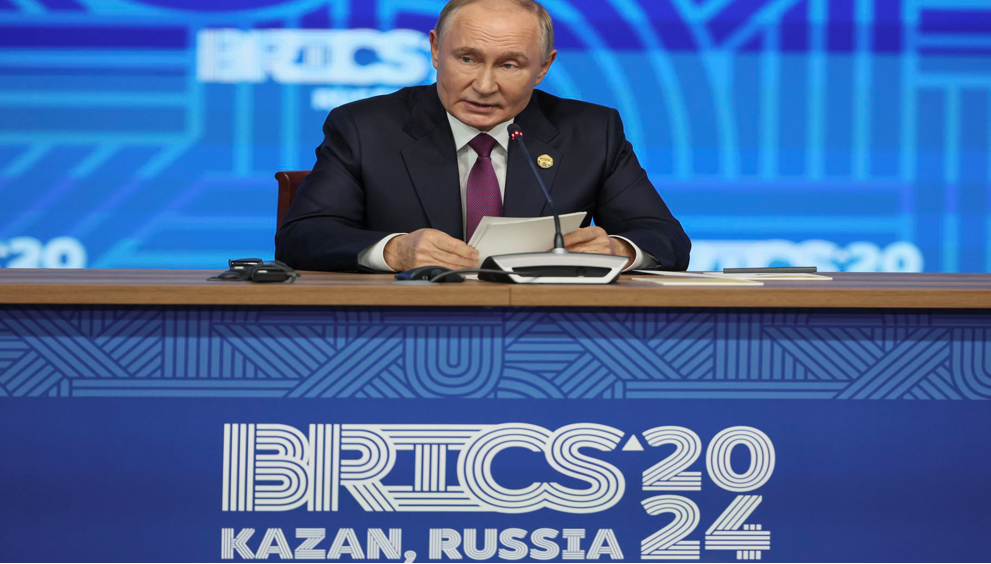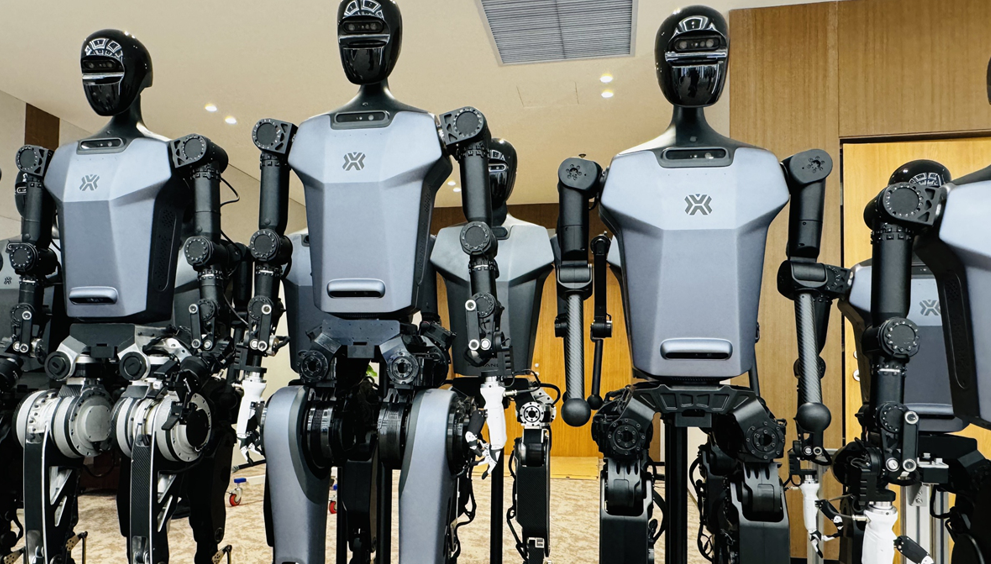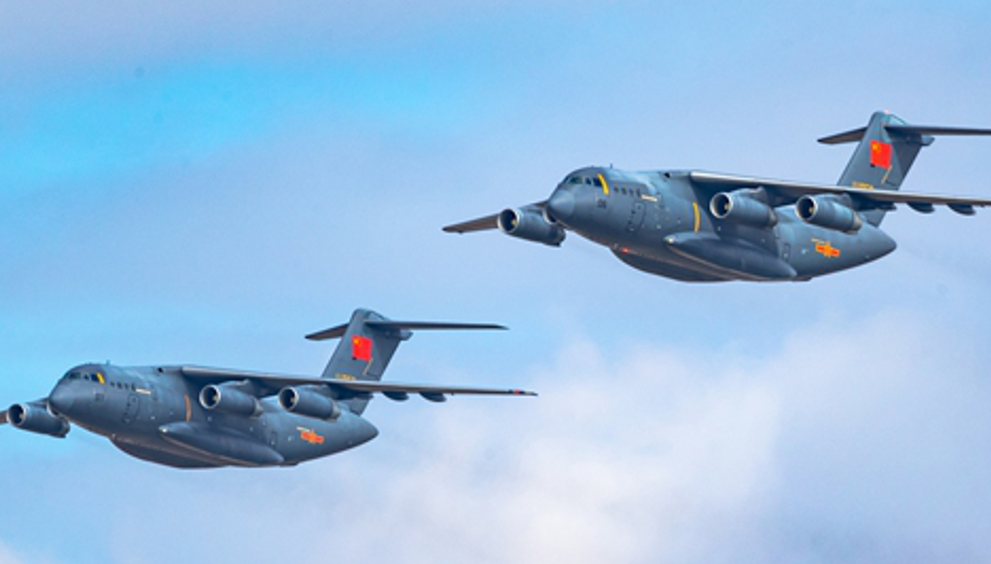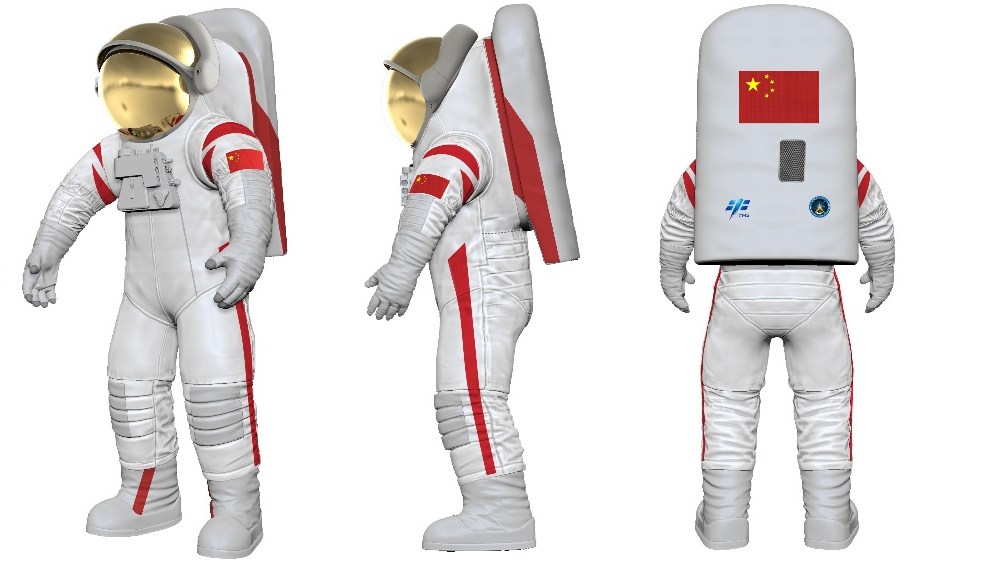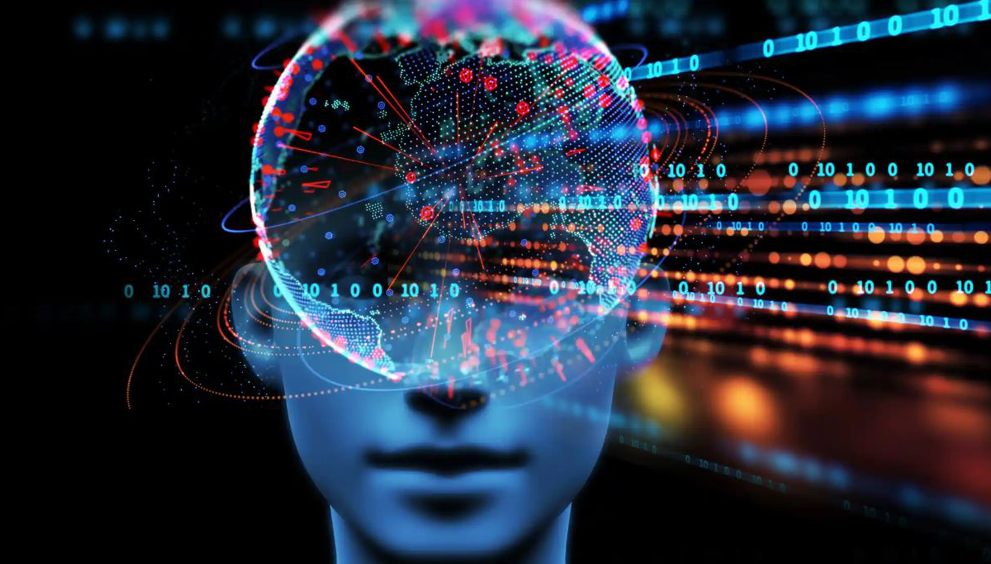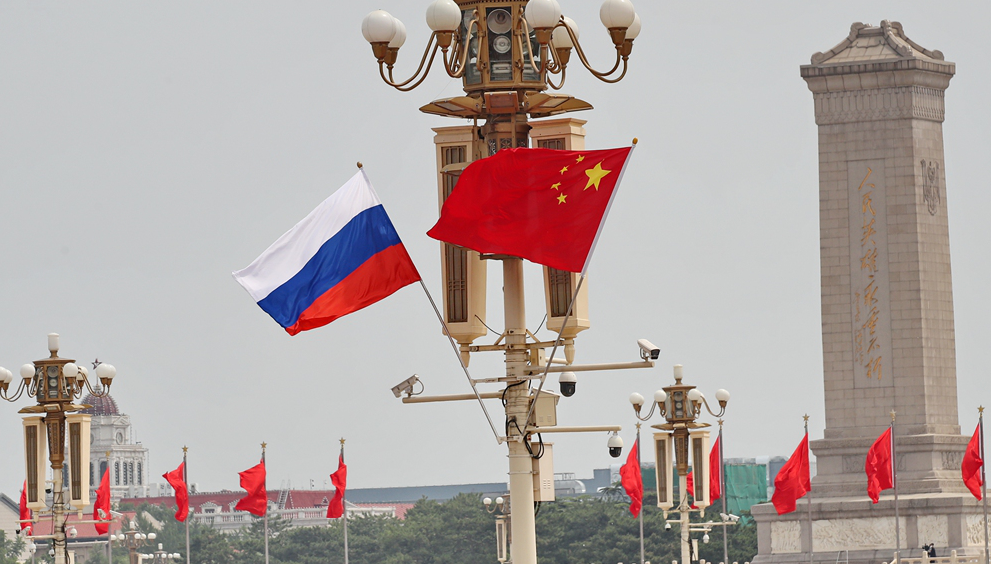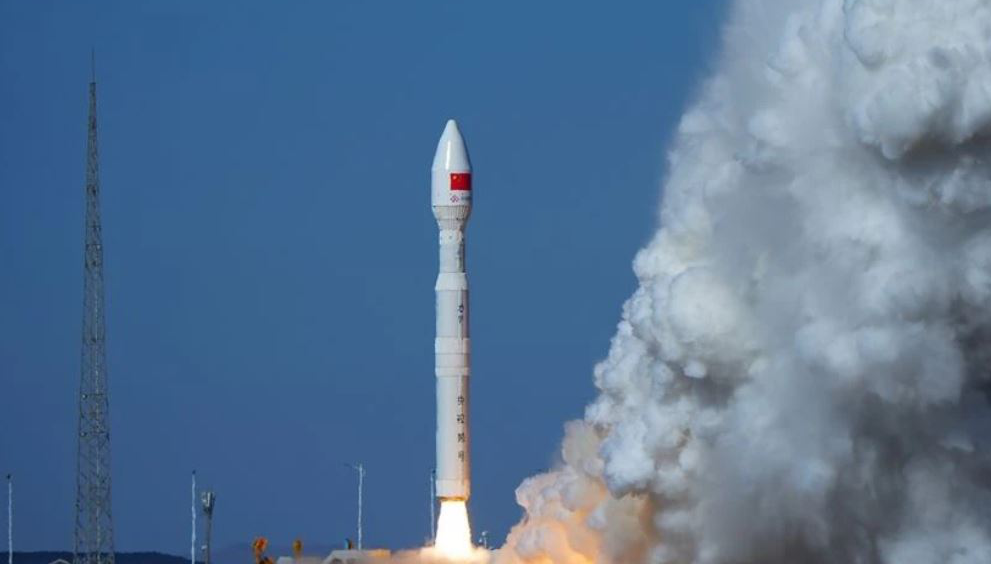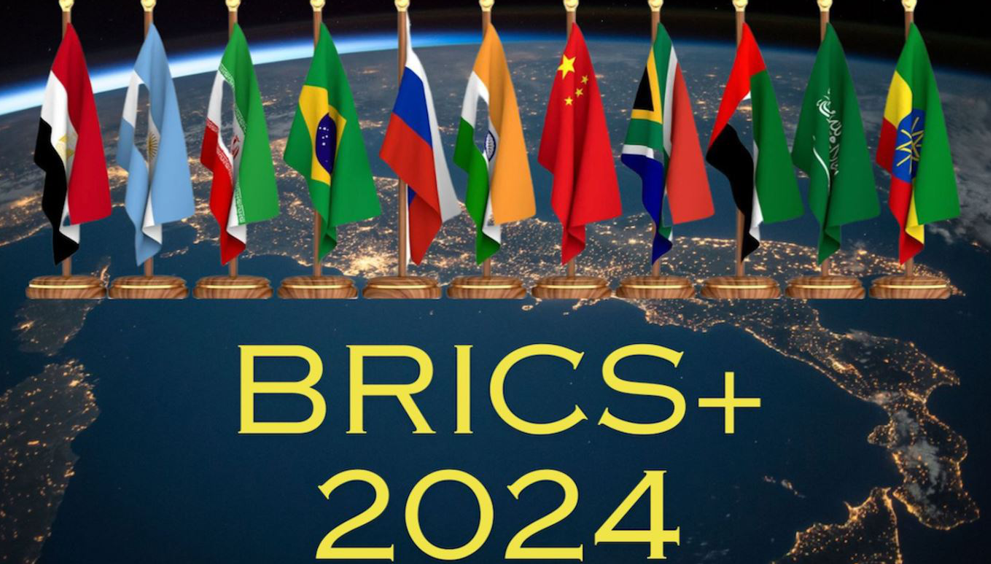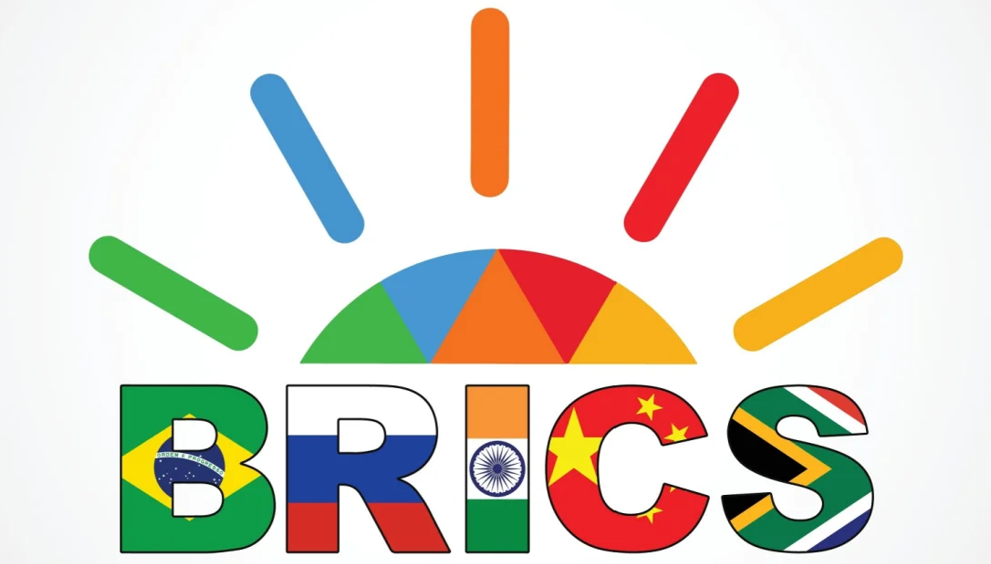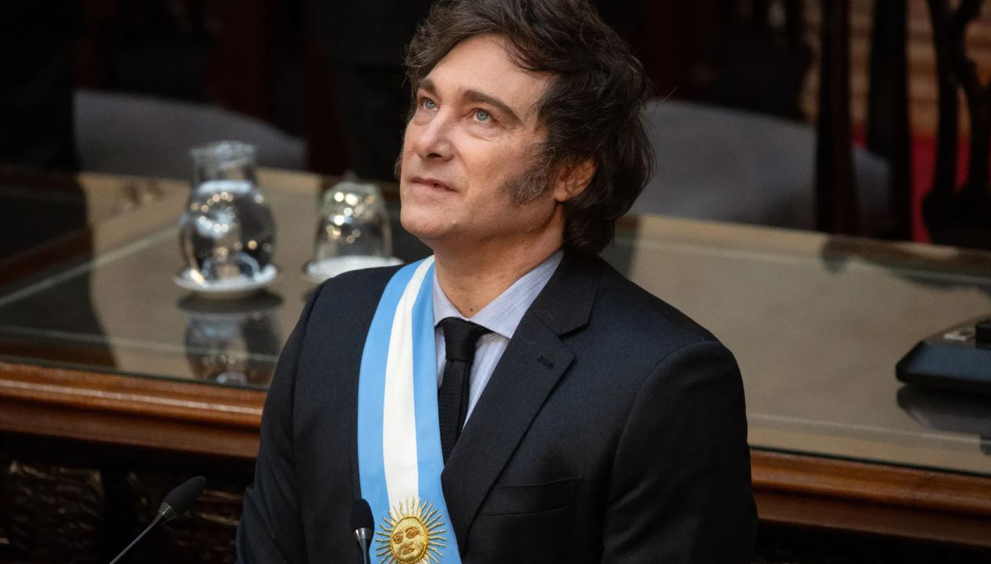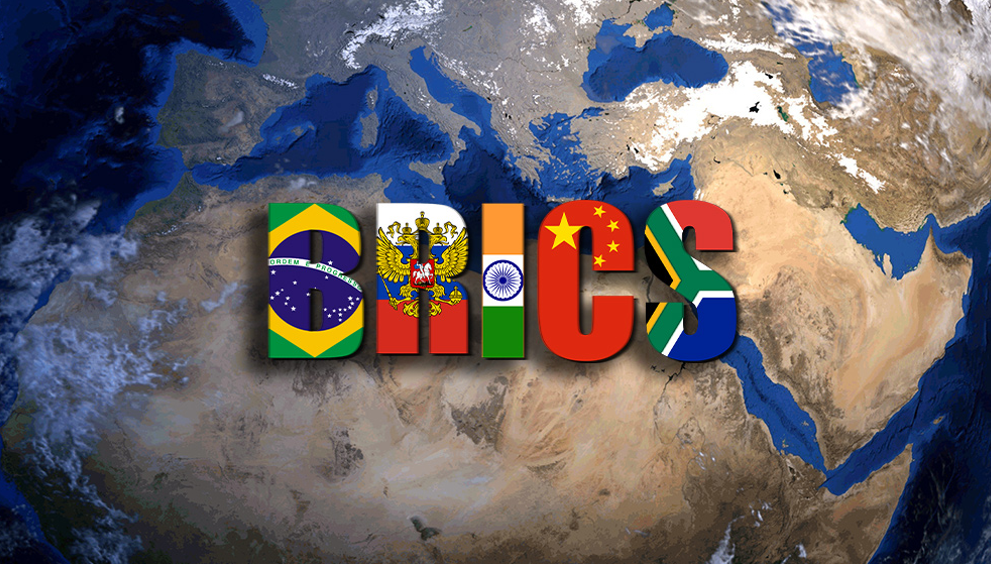

The New Economy of the New World
-
/ 55 yıl
- 0
- 5 min read
Since its establishment, the BRICS community has made significant progress. However, its recent strides seem poised to fundamentally transform the global economic and political landscape.
Originally founded as an alternative to Western economic institutions and their dominance over the global financial system, BRICS now aims for much more than just being an alternative. The U.S.’s audacity in printing unbacked dollars, the sluggishness of European nations, and the mistrust of developing and underdeveloped countries toward Western political and economic systems have driven the world toward new pursuits.
To understand how we arrived at this point, we need to revisit 1971 and analyze the events that followed. The decoupling of the U.S. dollar from gold in 1971 marked the beginning of a new era. It unleashed capitalism in an uncontrolled form, making the world economy unprecedentedly dependent on U.S. economic policies and decisions. This change of rules was effectively a rule-breaker and a ticking time bomb for the capitalist system. Although Western leaders and economists claimed it was the most rational choice, time would prove them wrong.
In departing from the gold standard, the U.S. created a new system: the Petrodollar System. Instead of gold—a metal that humanity had valued for millennia—the system was built around oil, a commodity indispensable due to the industrial revolution’s energy demands. The U.S. and the U.K. had already established unrivaled dominance in the Arabian Peninsula during World War I and its aftermath, and European colonial powers had extensively exploited the region in subsequent years.
In 1972–1973, the U.S. signed the Petrodollar Agreement with the Saudi royal family. The terms were simple: Saudi Arabia would trade oil exclusively in U.S. dollars, and in return, the U.S. would protect the Saudi monarchy. Subsequently, all OPEC nations adopted the Petrodollar framework. The world needed oil, and anyone needing oil also needed dollars. A flawless system(!).
Europe’s Journey and Diverging Dynamics
In post–World War II Europe, a rapid reconstruction phase began, and the world saw the emergence of a bipolar political order. The two poles offered contrasting sociological, political, and economic ideologies. Europe’s alignment was clear: alongside the United States. To aid recovery from the war, the U.S. provided all necessary support to the European countries bordering the Soviet Union. Former adversaries in Europe united against a common enemy.
Europe emerged as the heart of industrial progress, technological innovation, human rights advocacy, and justice. Yet, it carried a historical burden: colonialism. Despite the ideals it championed, Europe never abandoned its colonial ambitions. The wealth amassed from colonial exploitation and the opportunities provided by the bipolar world order turned Europe into a center of prosperity.
Through incremental steps and agreements, Europe built a framework of unity: the creation of the European Coal and Steel Community, the Rome Treaty, the European Economic Community, the European Atomic Energy Community, the Customs Union, the Single European Act, and finally, the European Union in 1993. The monetary union followed with the introduction of the euro in 2002.
However, Europe’s reliance on NATO for defense and Russia for energy created vulnerabilities. The 2008 financial crisis exposed the harshest truth of capitalism for Europe: Capitalism Eliminates the Weak. The crisis led some EU nations to the brink of bankruptcy and cast doubt on the viability of a shared currency like the euro. This, combined with Brexit, immigration crises, the rise of the far-right, and the Schengen crisis, brought Europe to a crossroads.
Capitalism’s Flawed Foundations
Economic systems like capitalism, while theoretically sustainable, falter when one factor is ignored: humanity. The post-war capitalist system was flawed from the start, influenced by global politics and asymmetric power dynamics among nations. The abandonment of the gold standard created a distorted structure. International organizations established to make decisions became biased and ineffective. Rules could be manipulated to favor the powerful, compromising fairness.
This flawed system infiltrated national economies as well, spreading like a metastasizing cancer. Corruption and irresponsibility became normalized, and the costs of crises triggered by the elite were unfairly borne by ordinary citizens. A principle vital to capitalism—”Those who make mistakes bear the consequences”—was consistently ignored. Instead, the motto “Capitalism finds a way” prevailed after the 2000s, fueling reckless policies and global instability.
The BRICS Initiative and a New World Order
Today, the Petrodollar System is crumbling as Saudi Arabia joins BRICS and signals its exit from the agreement. The European Union, meanwhile, struggles to compete with China in the new age of electrification and battery technology. The industrial and technological center of gravity has shifted to China, a fact widely acknowledged.
We are witnessing the formation of a multipolar world. A diverse and inclusive global system is no longer a choice but a necessity. In this context, the BRICS community is taking the initiative to build a fair, transparent, and participatory international order.
As more countries express interest in joining BRICS, the community faces critical decisions and challenges. Given its economic focus, the most pressing question arises: What kind of economic system should be established?
In this series, we will explore answers to this question from the BRICS countries. We’ll delve into their preparations for a new global currency, their envisioned economic system, and the political, economic, and technological steps they are taking. While some of this information may still be speculative, history shows that great changes are often born from intense debates and speculation.
In the next article, we’ll examine Brazil’s perspective and projects regarding a New World Currency—perhaps the country most prepared for this monumental shift.


 English
English 
